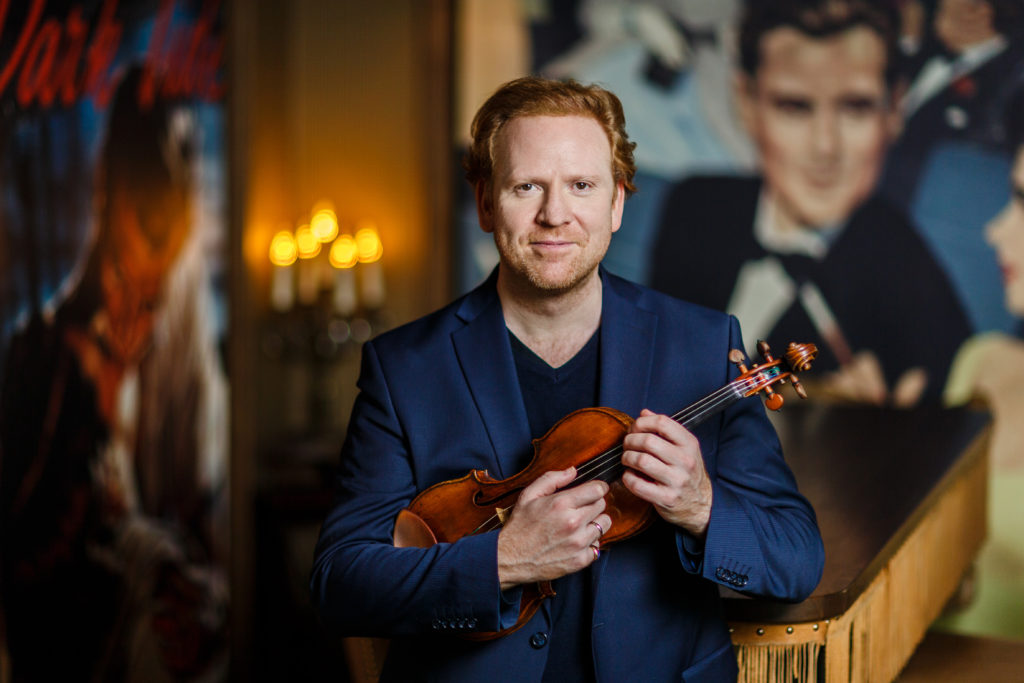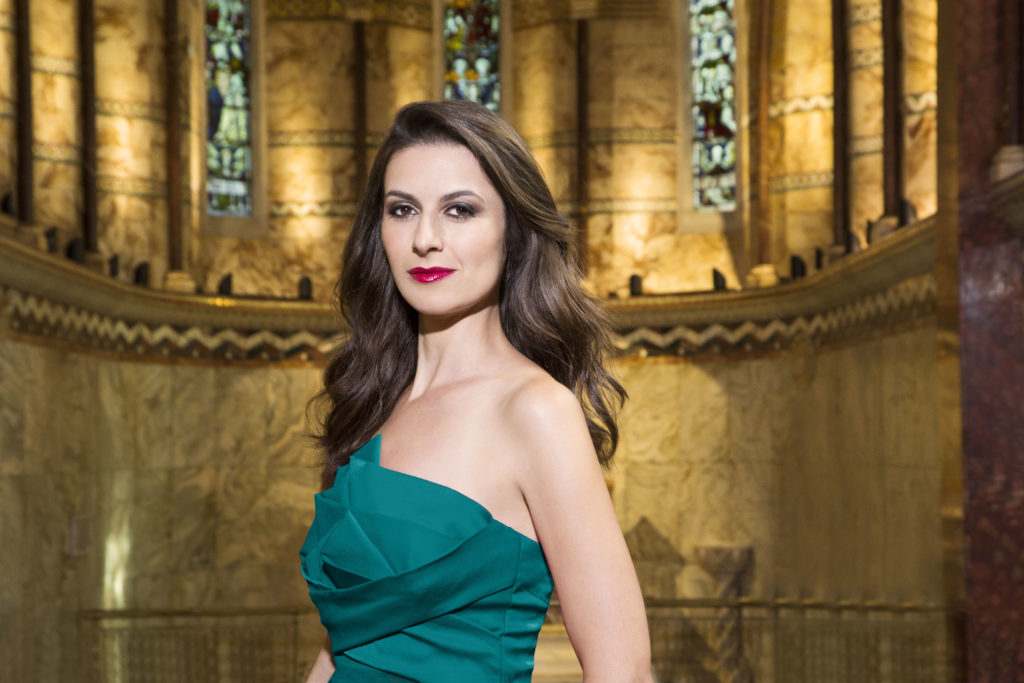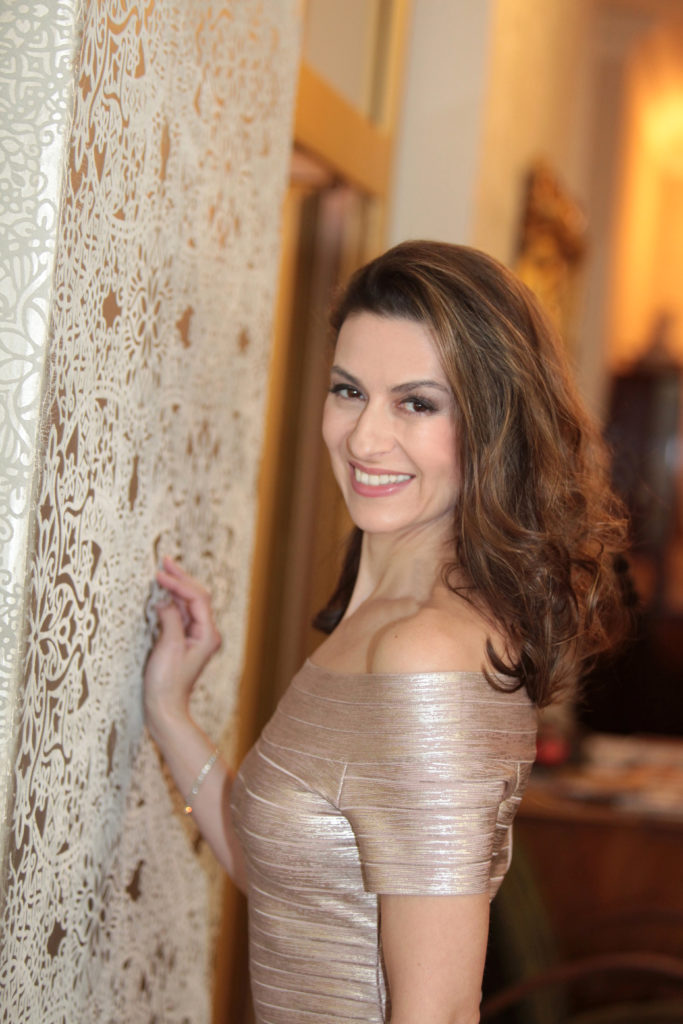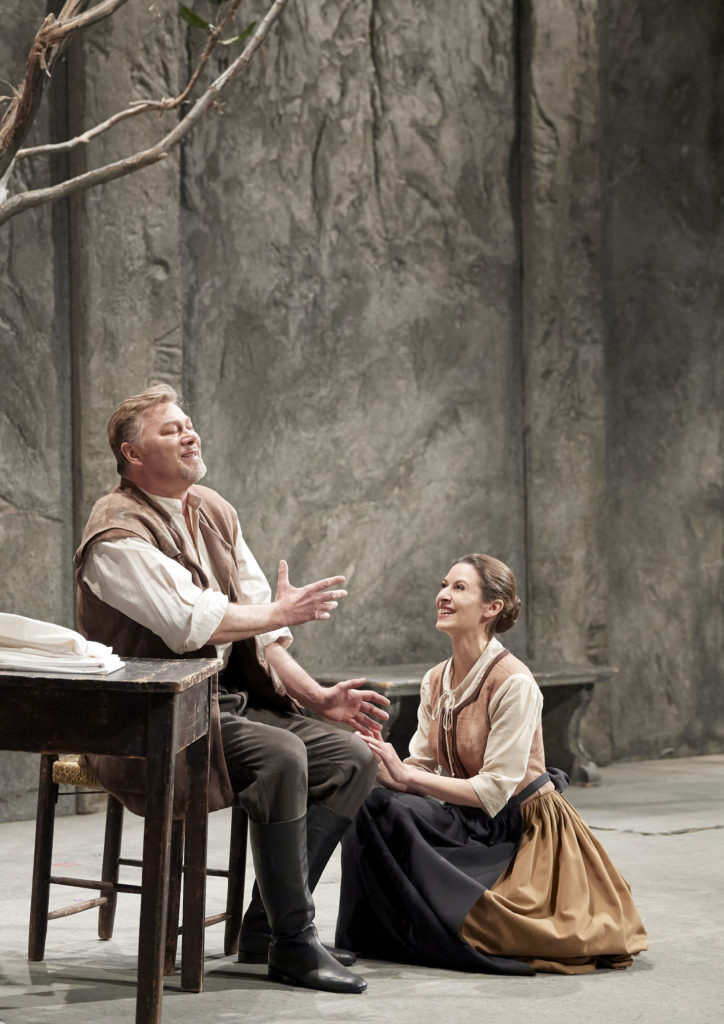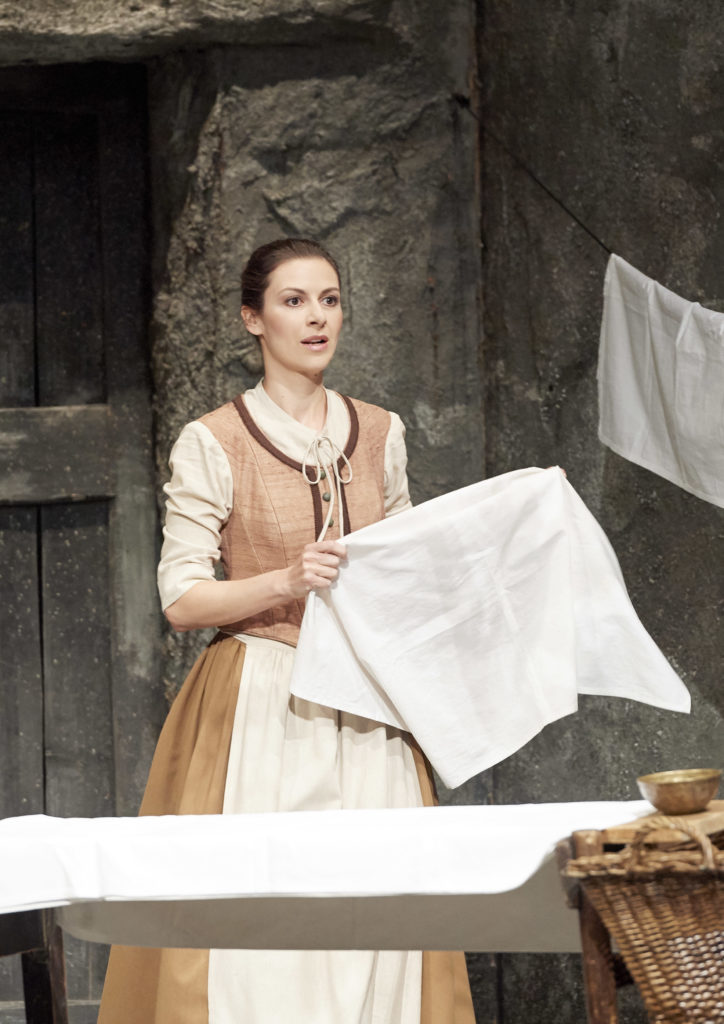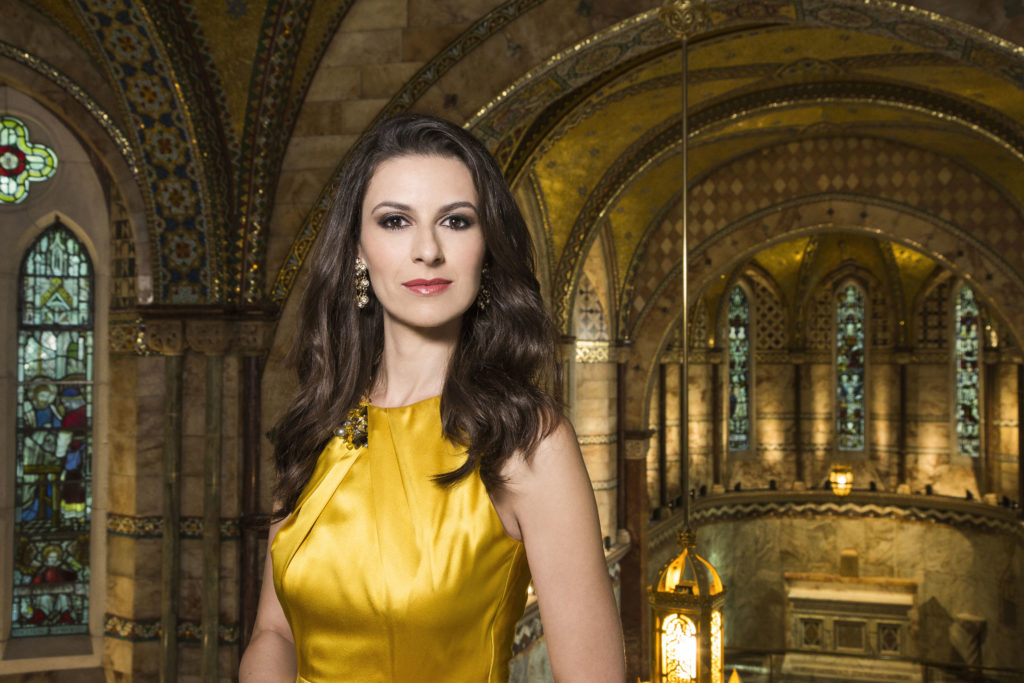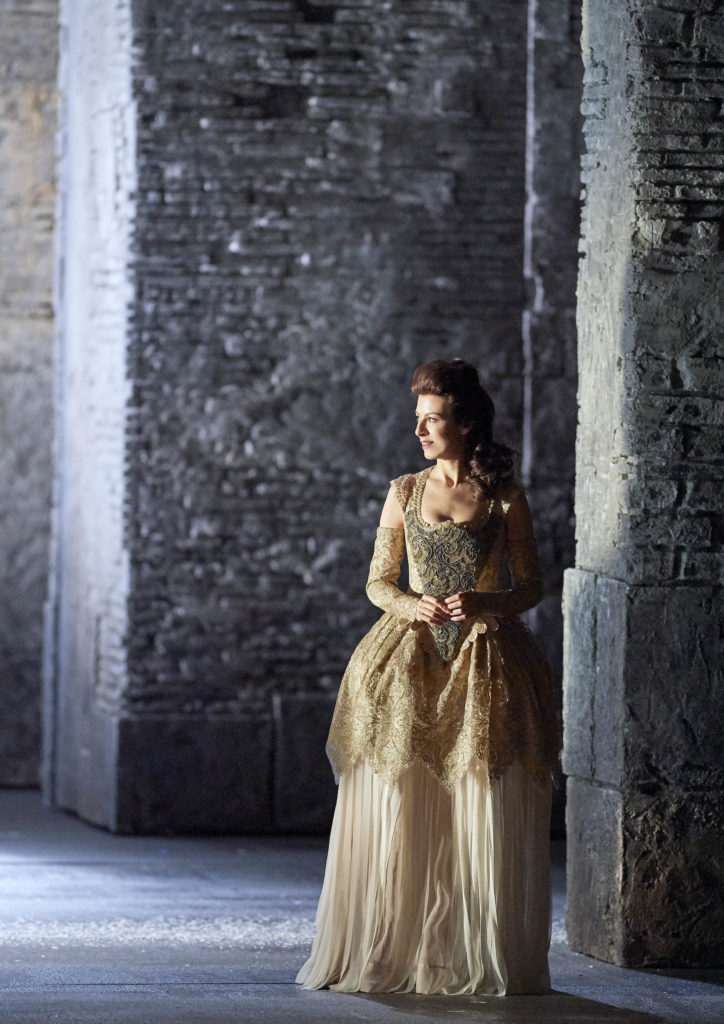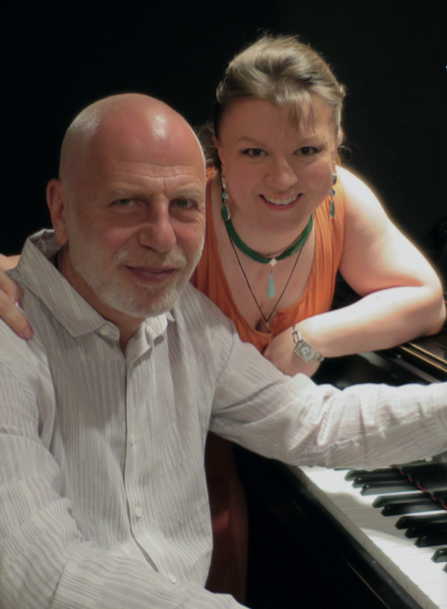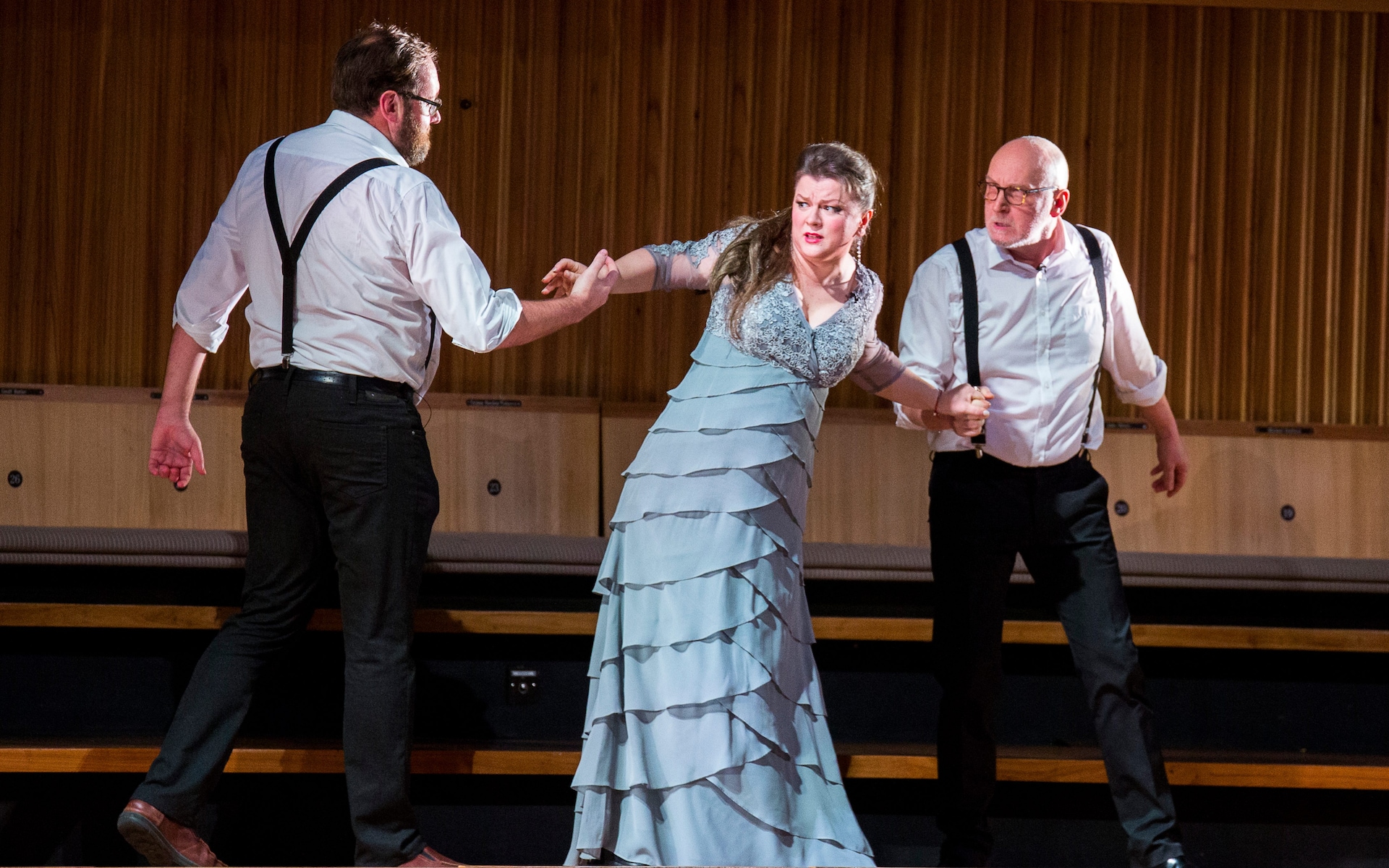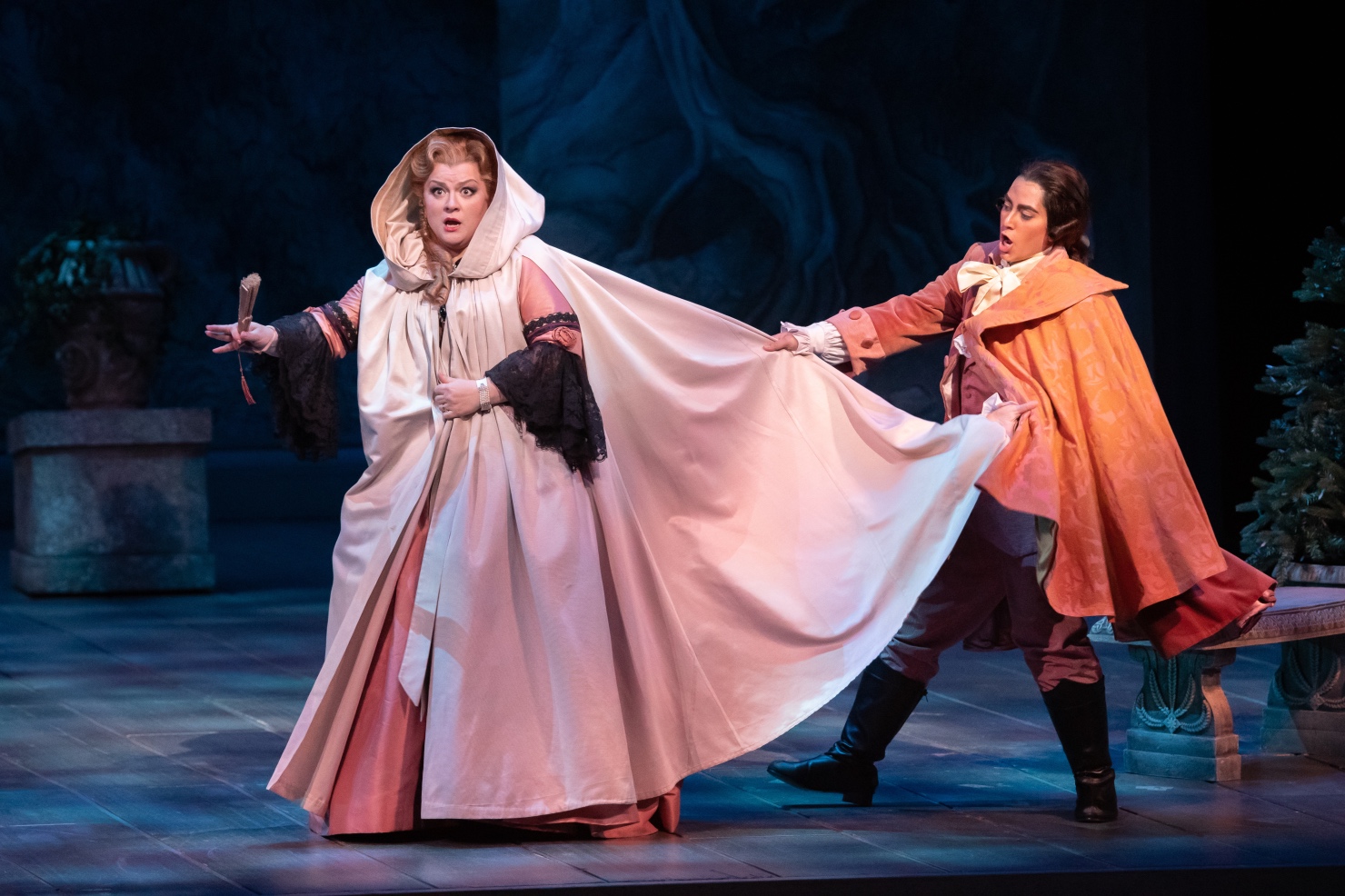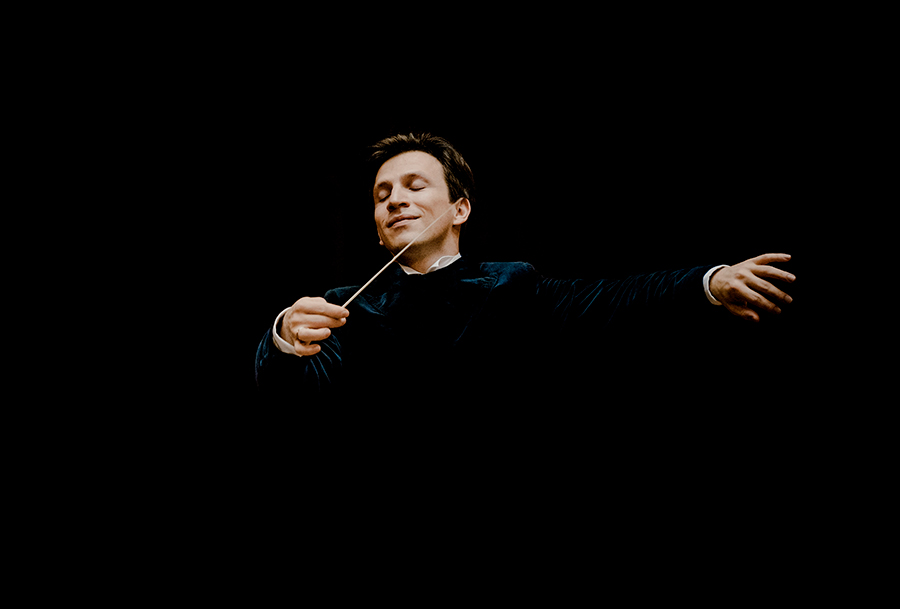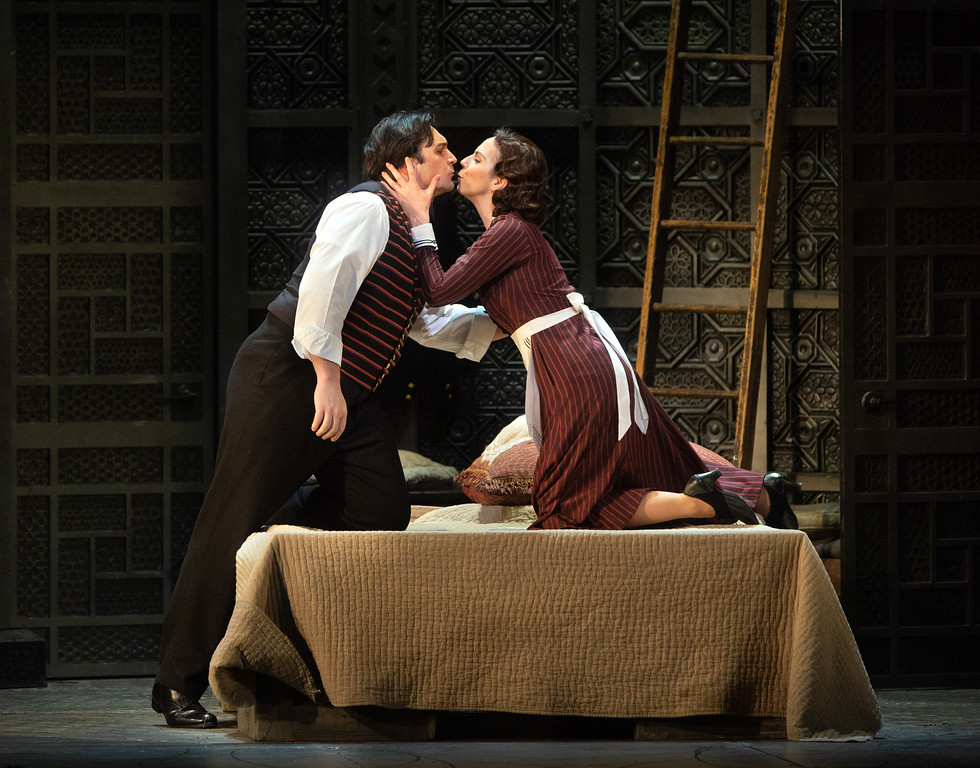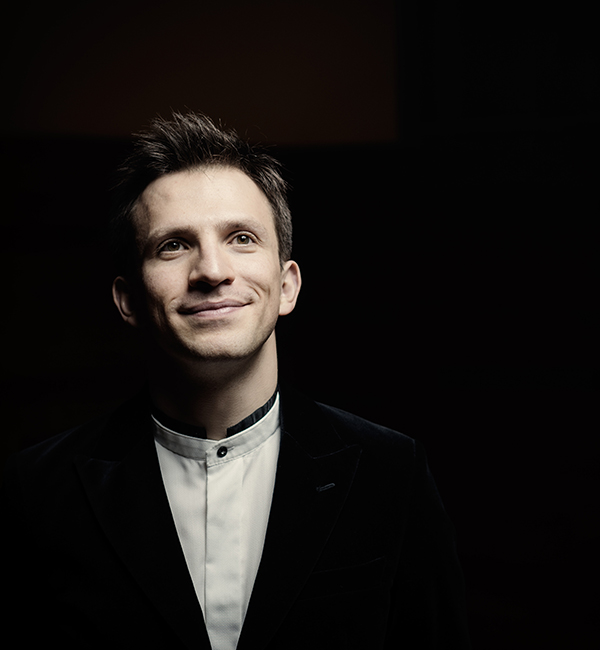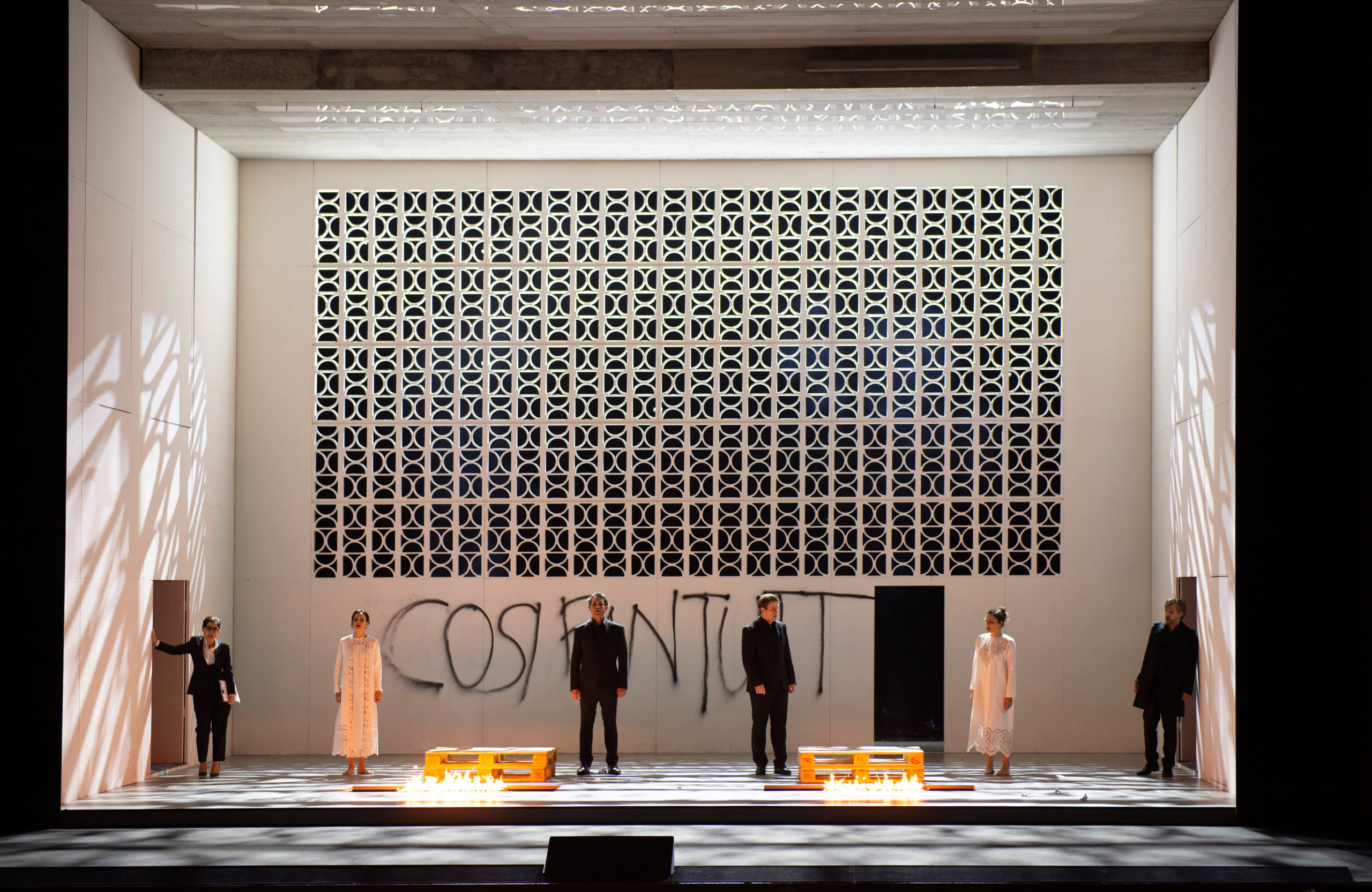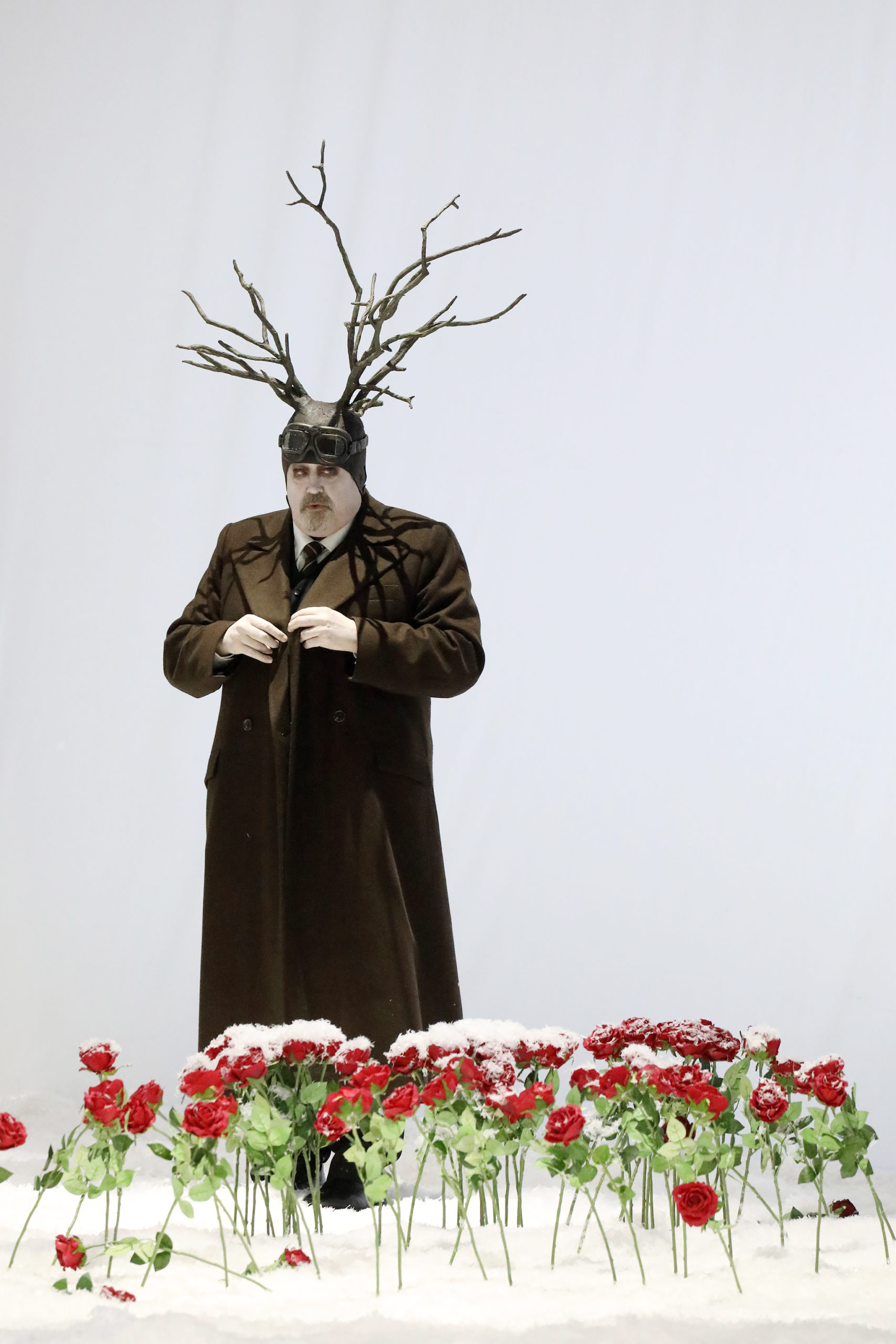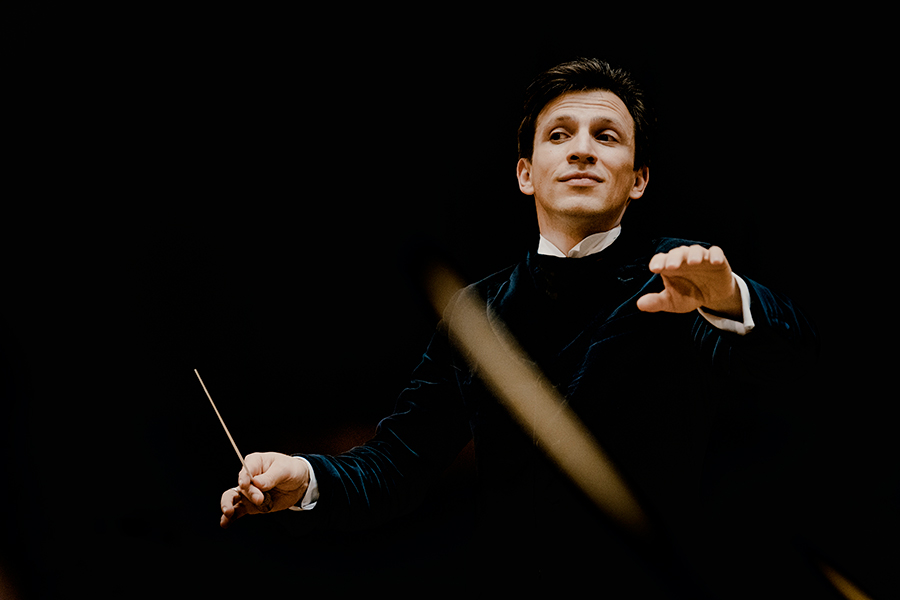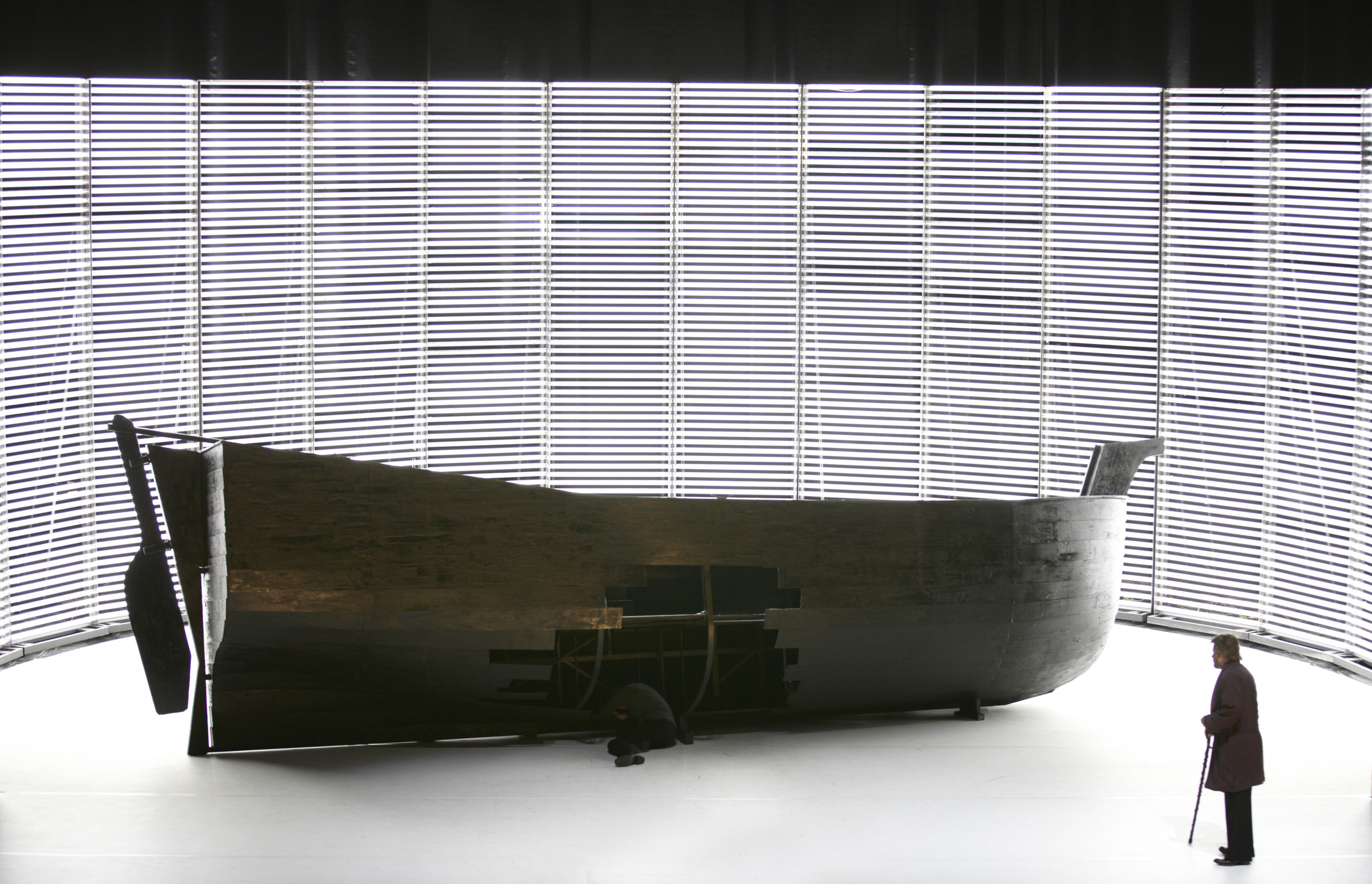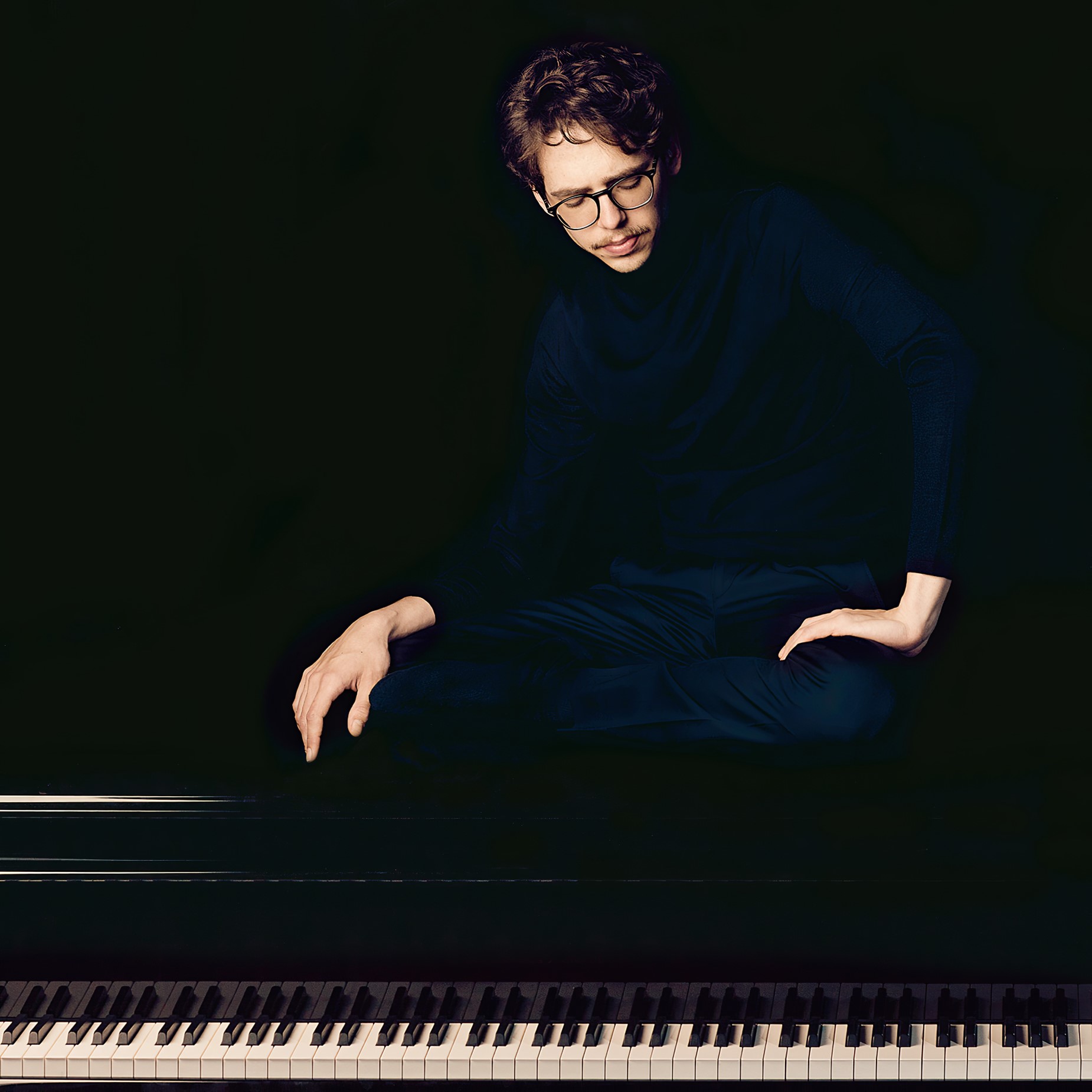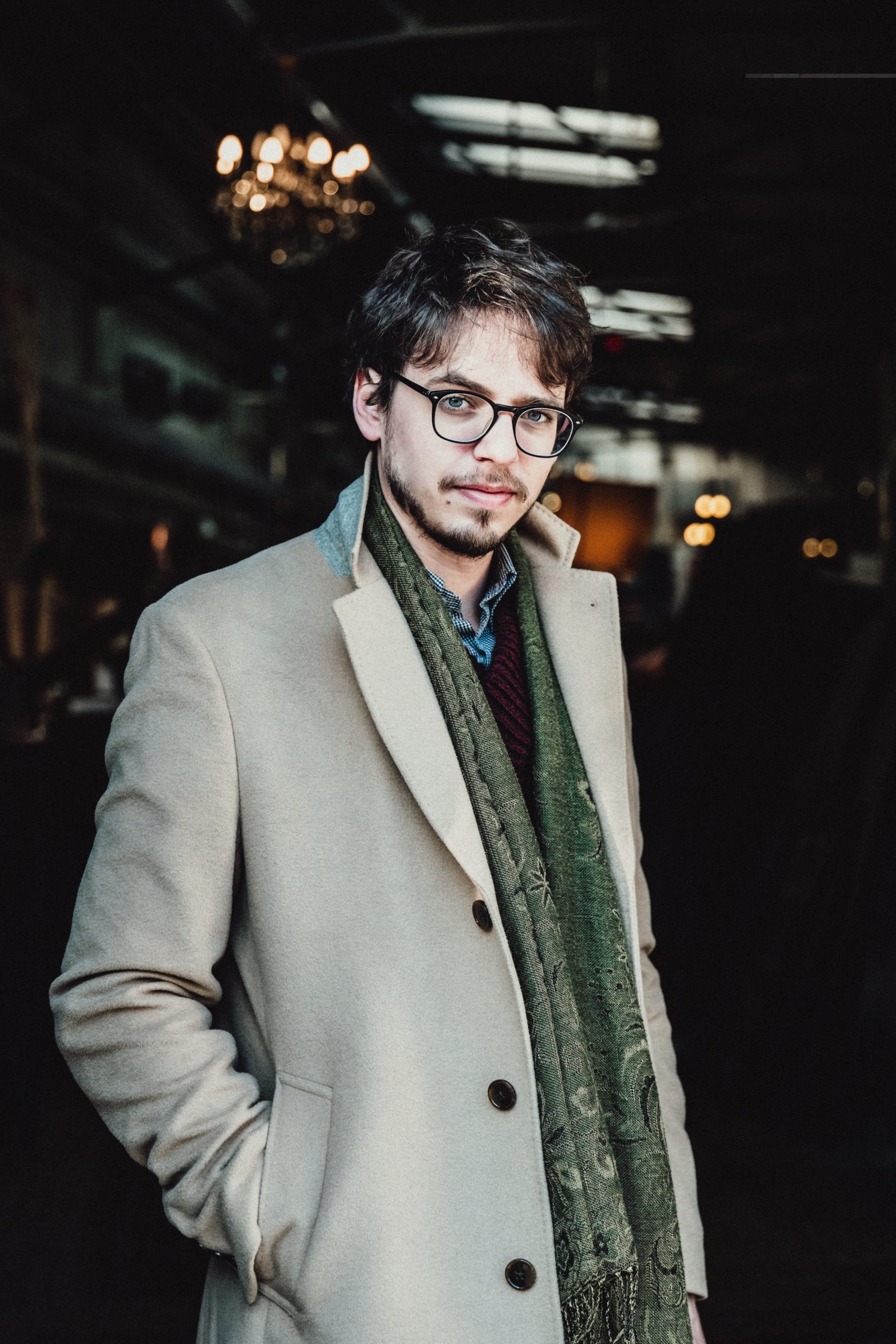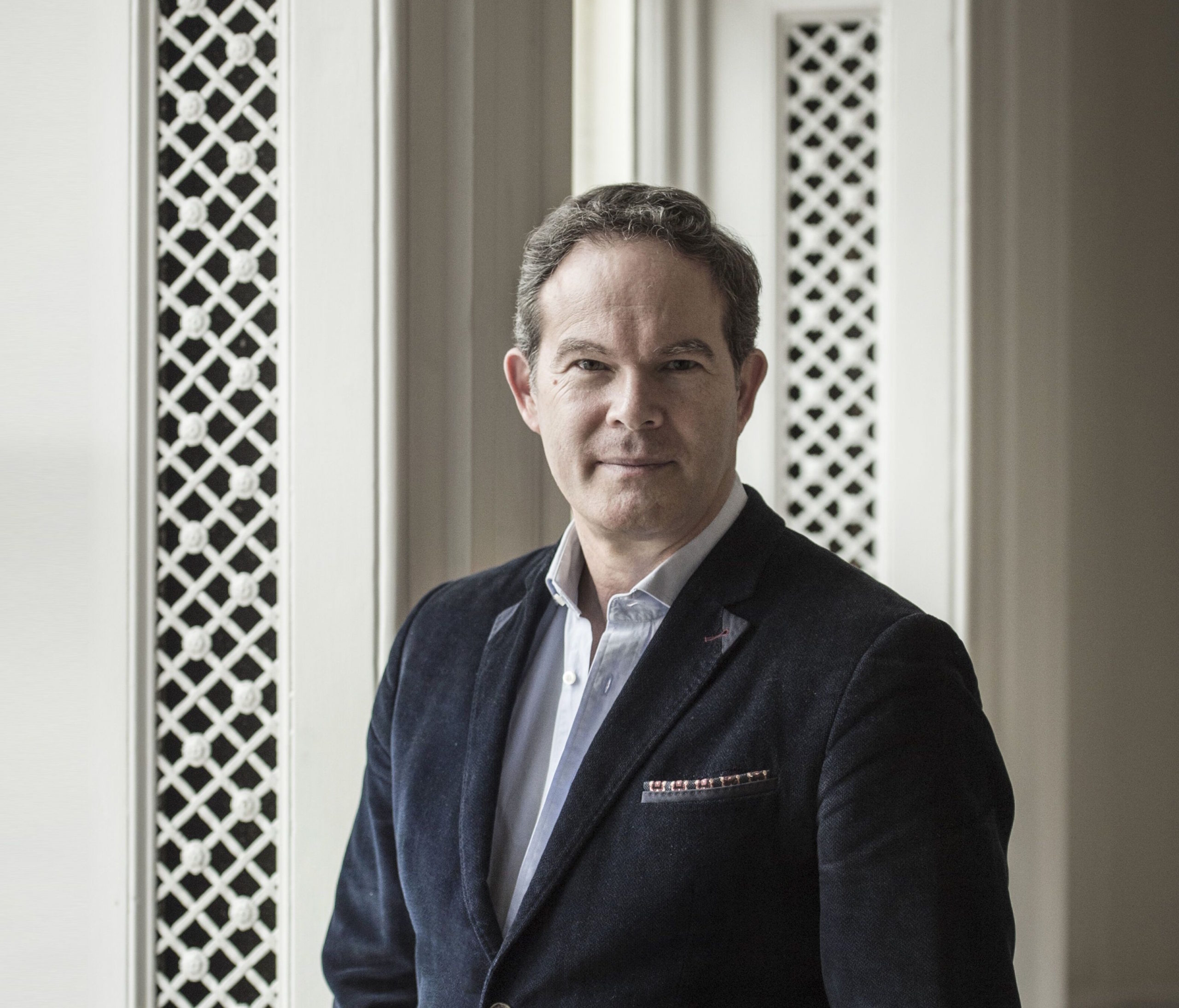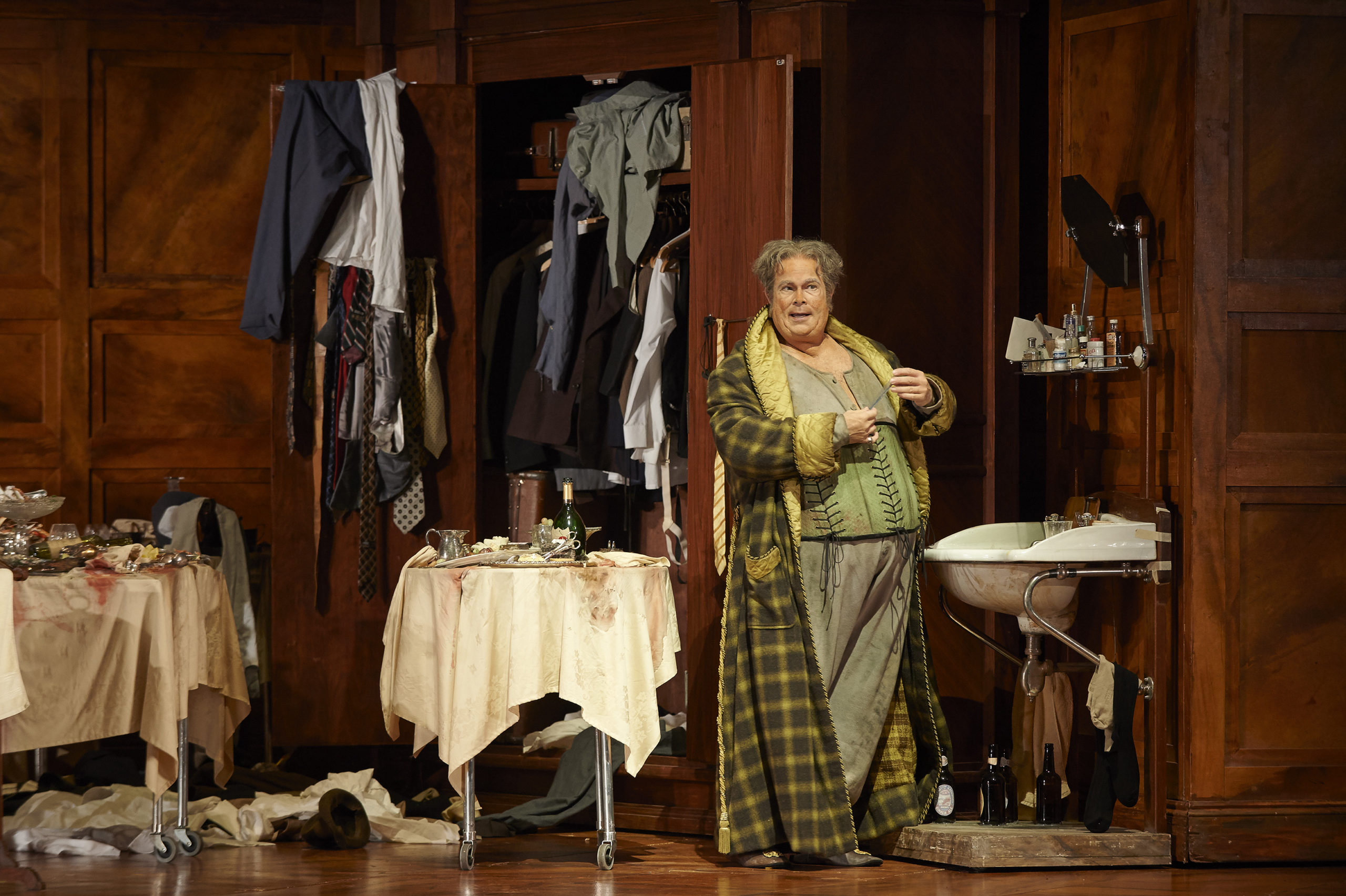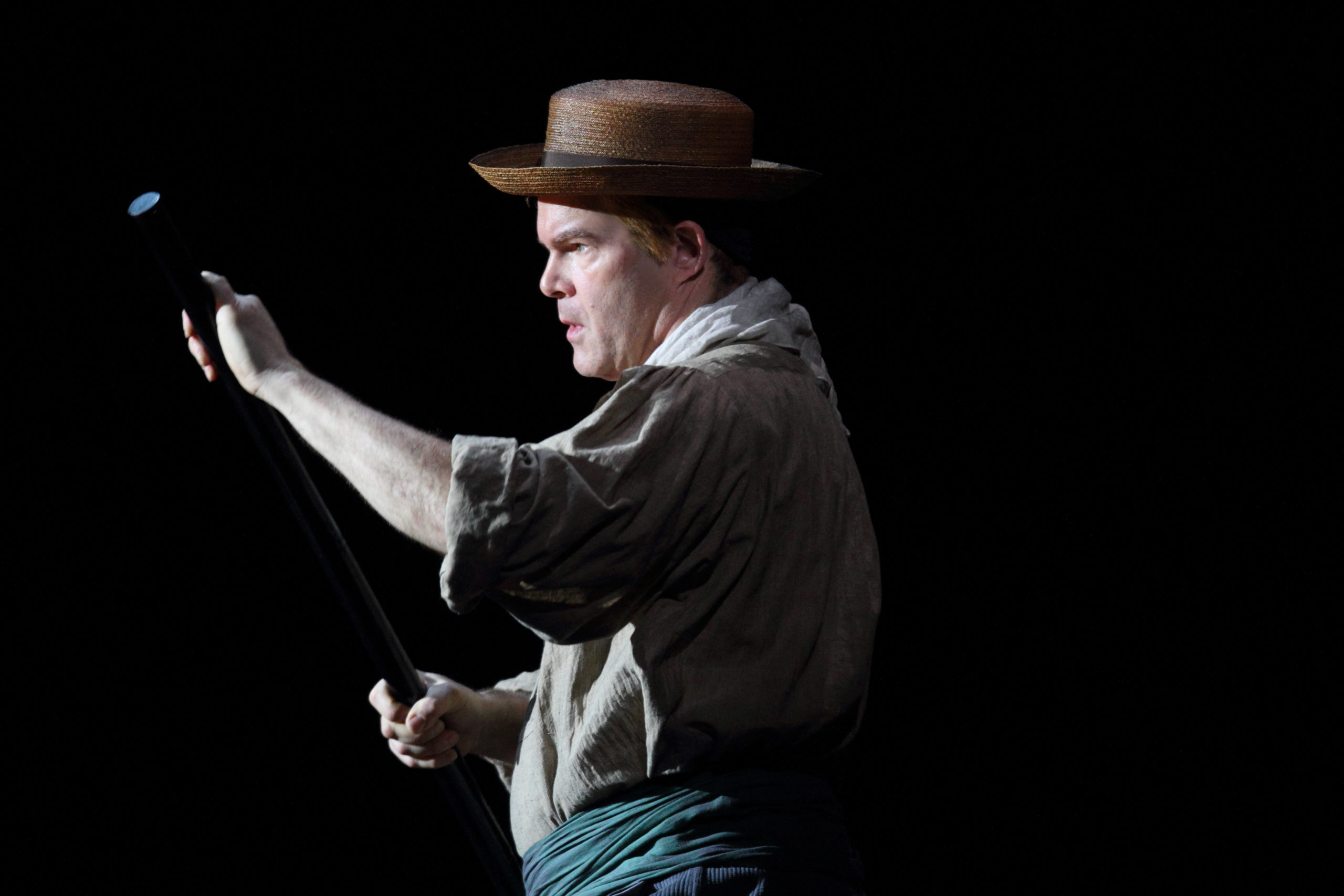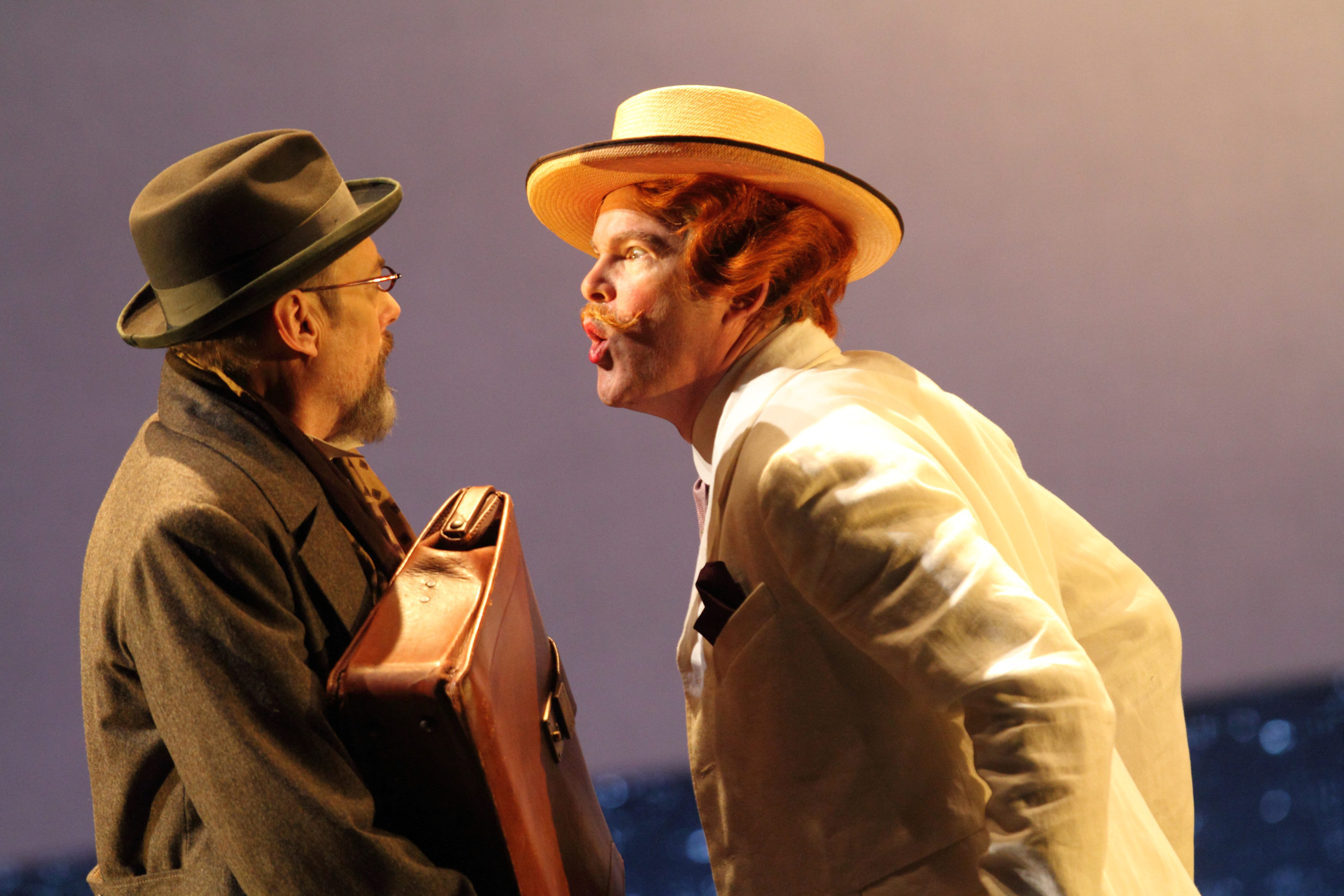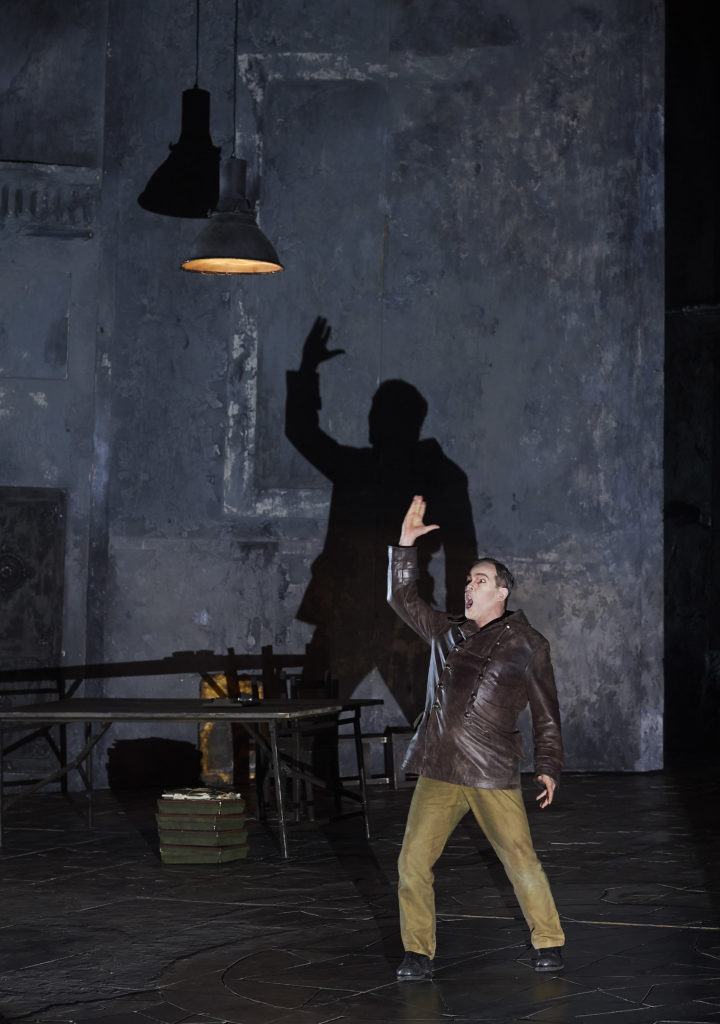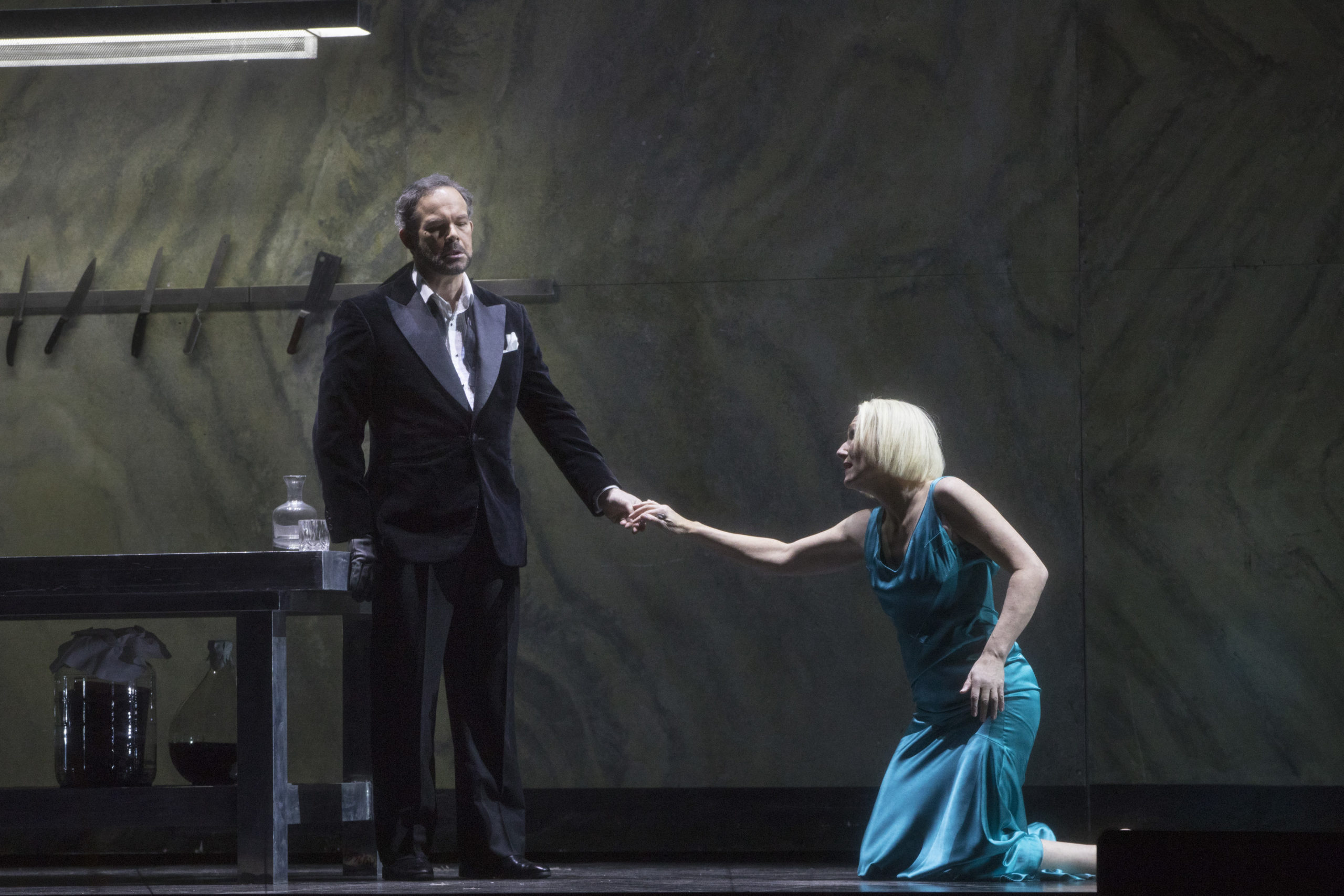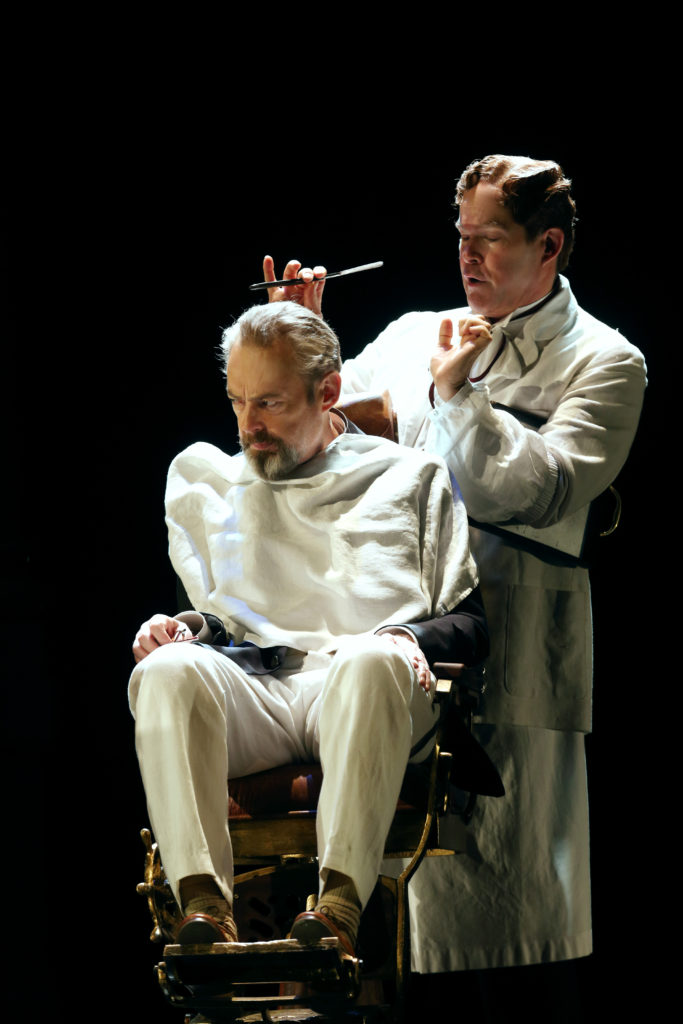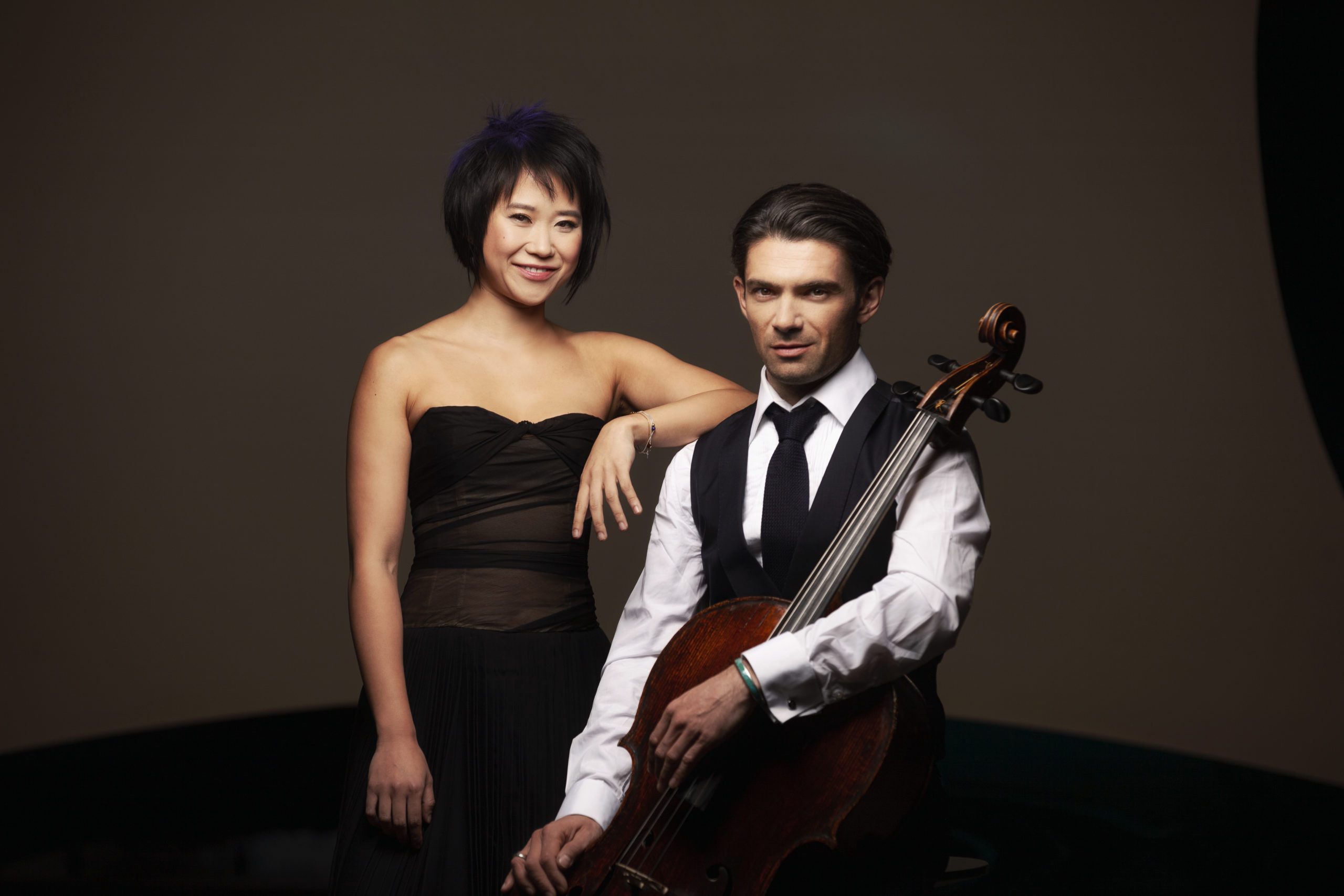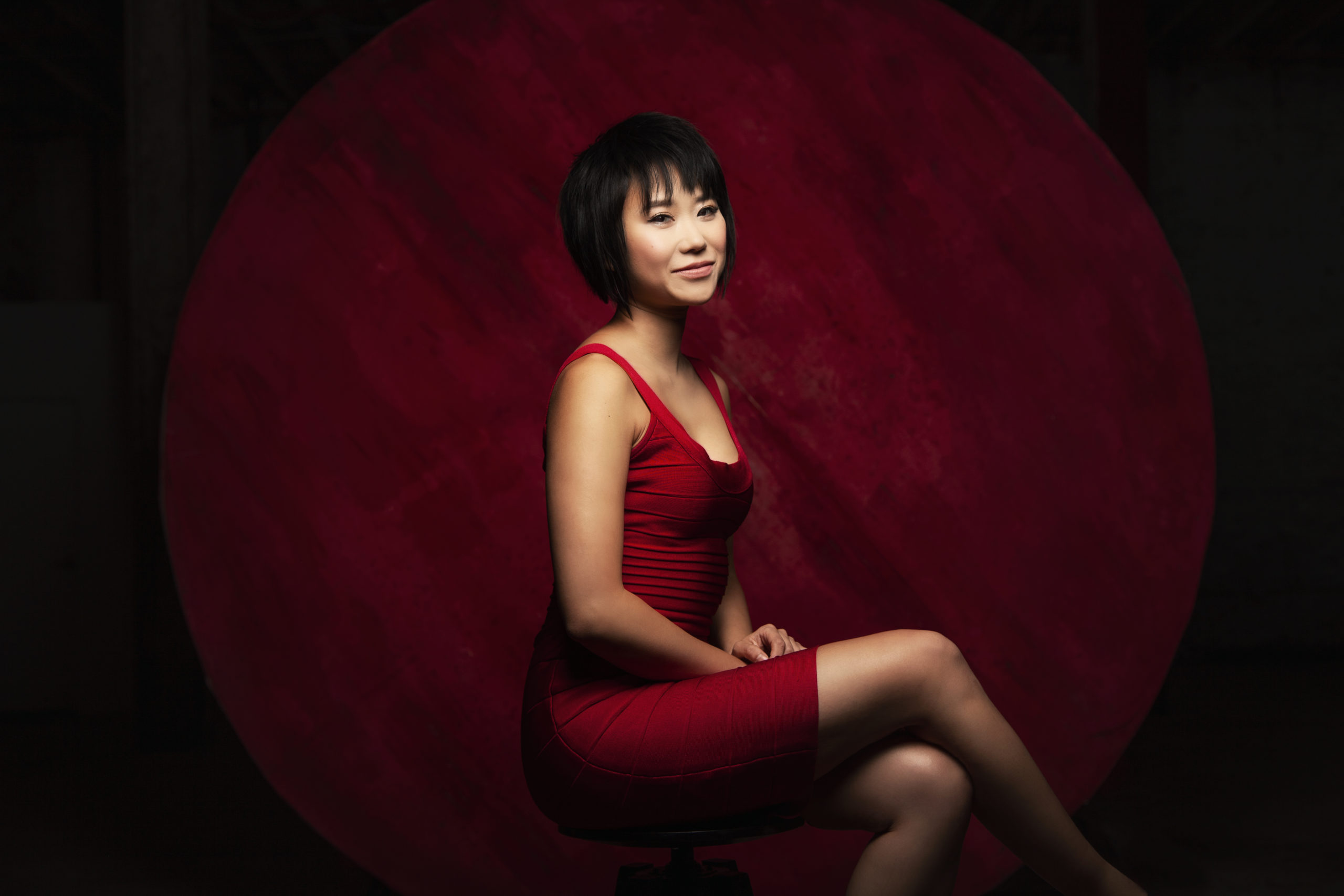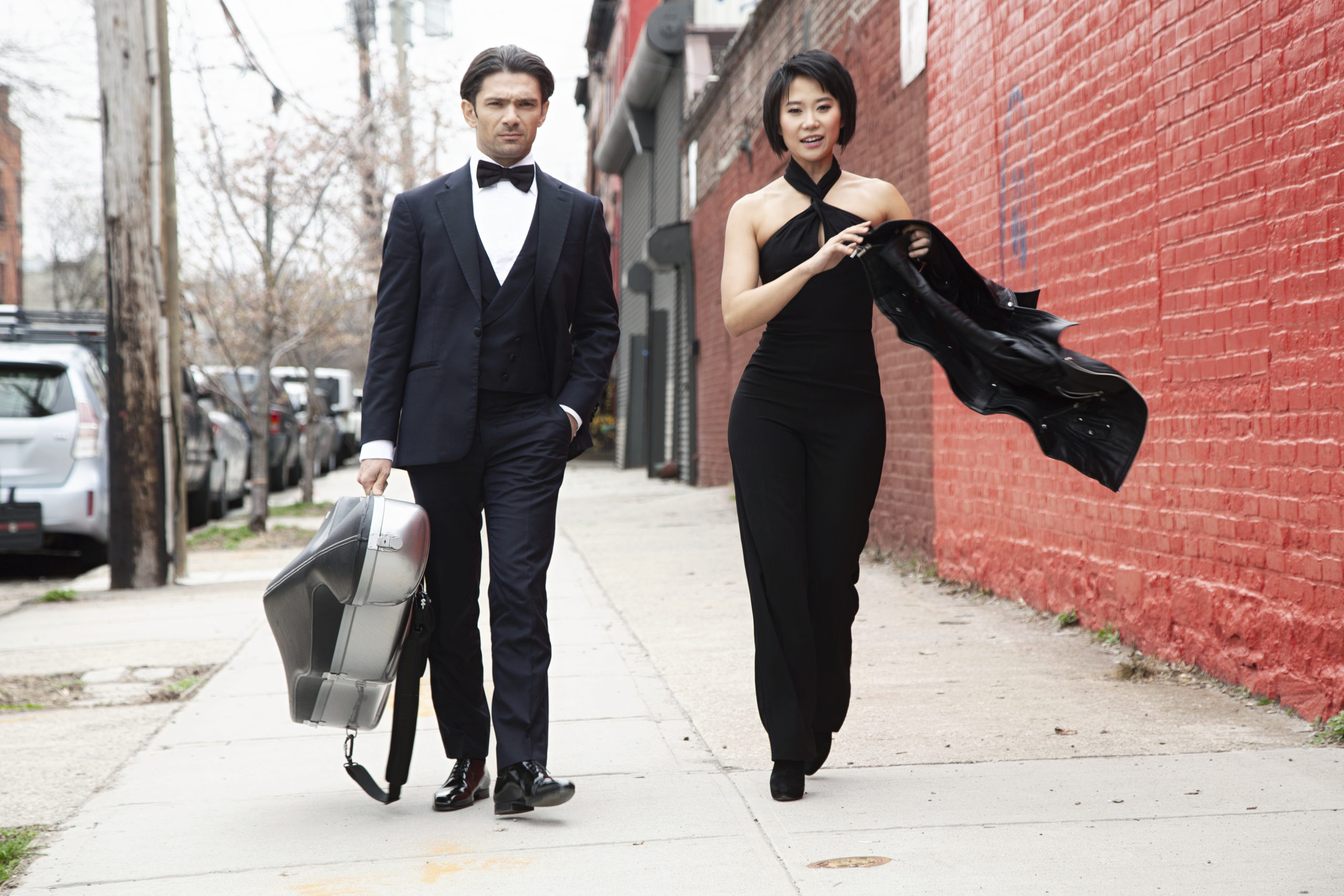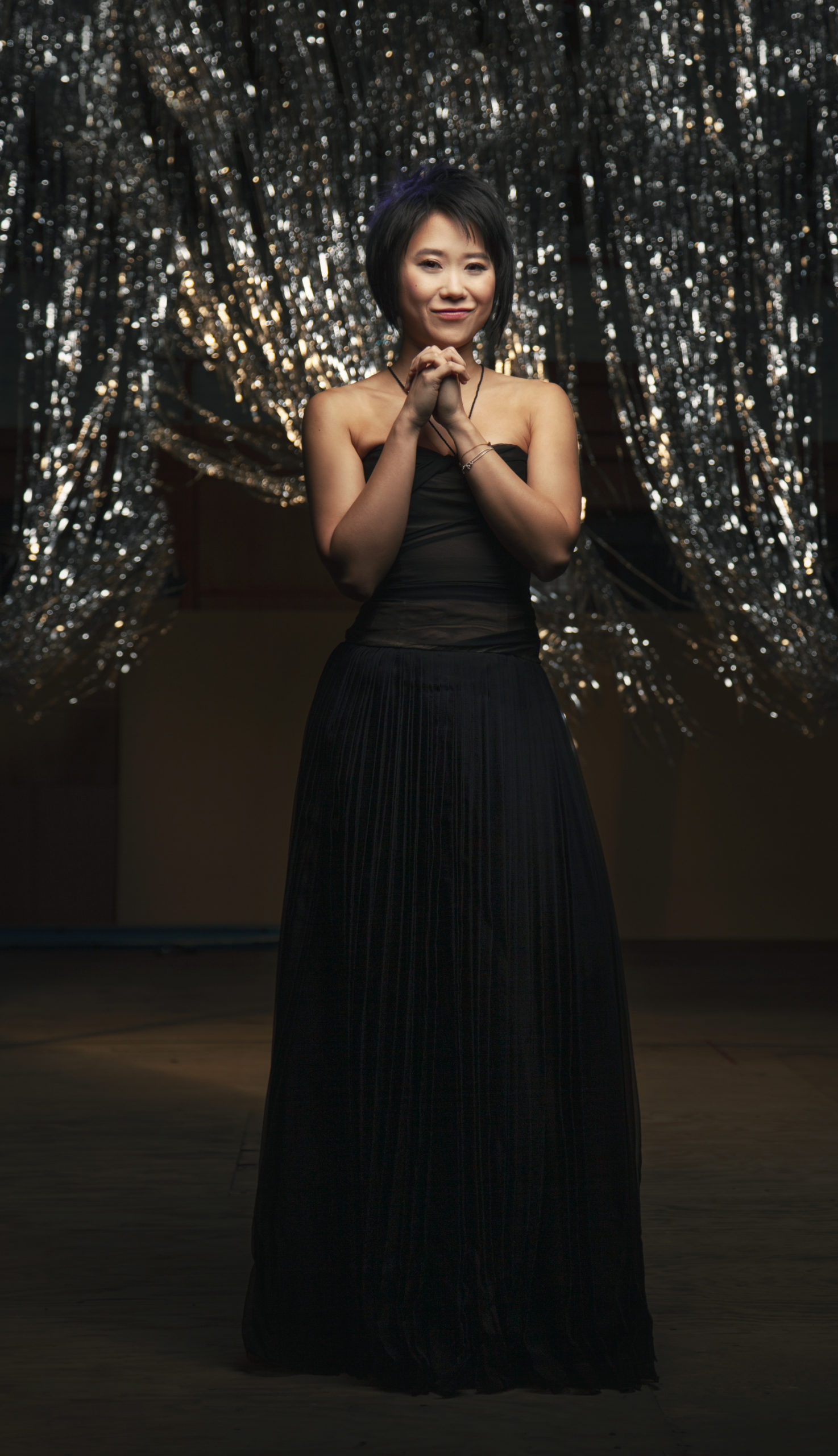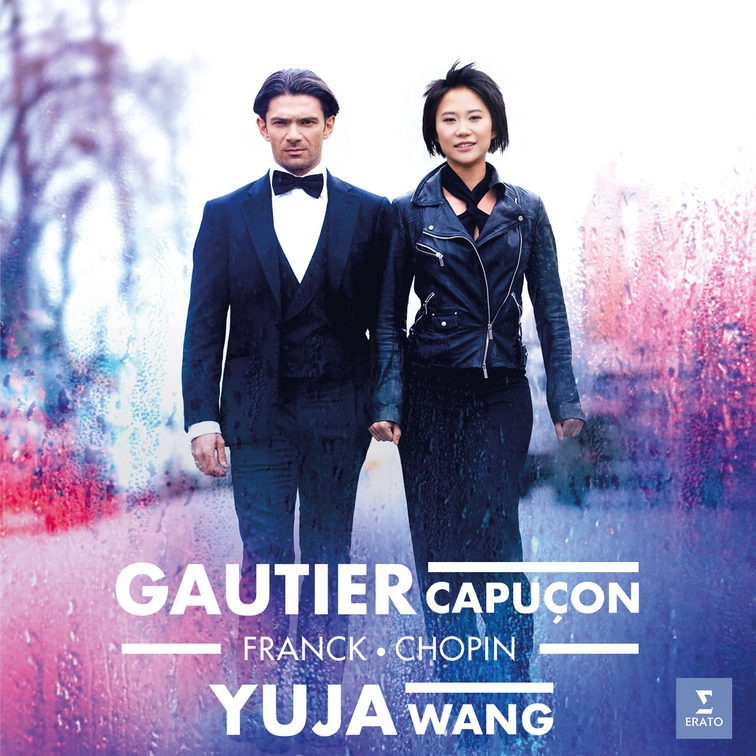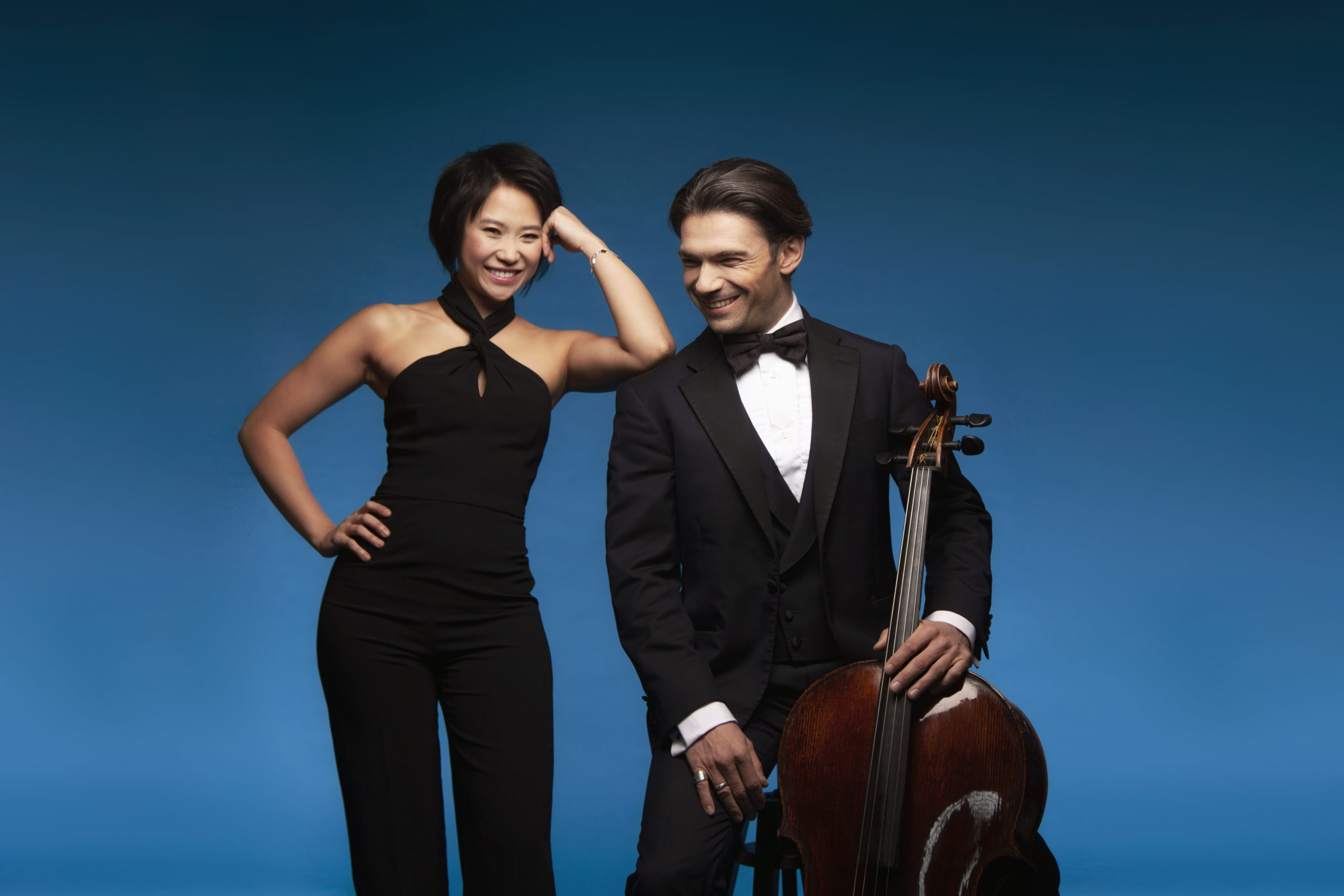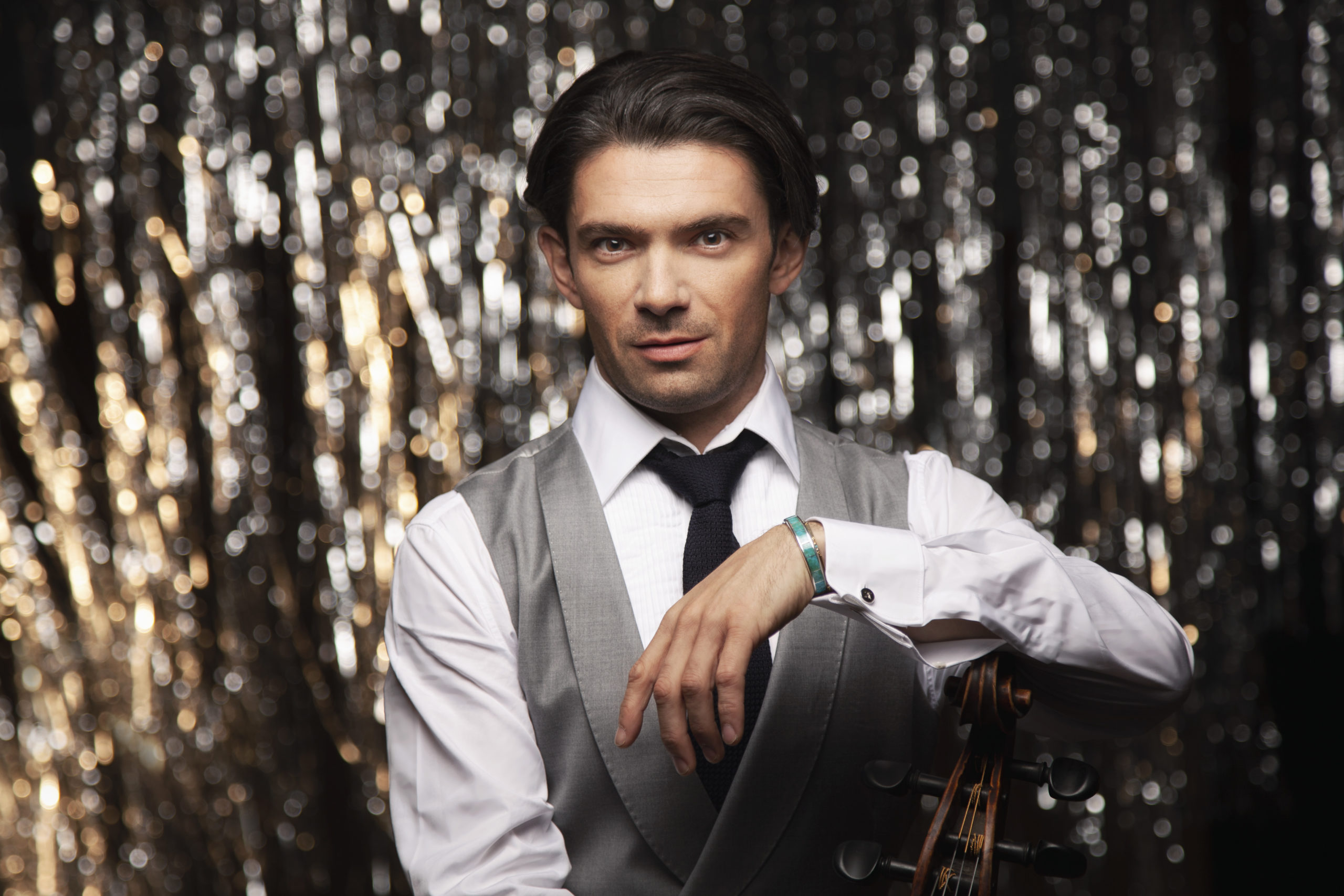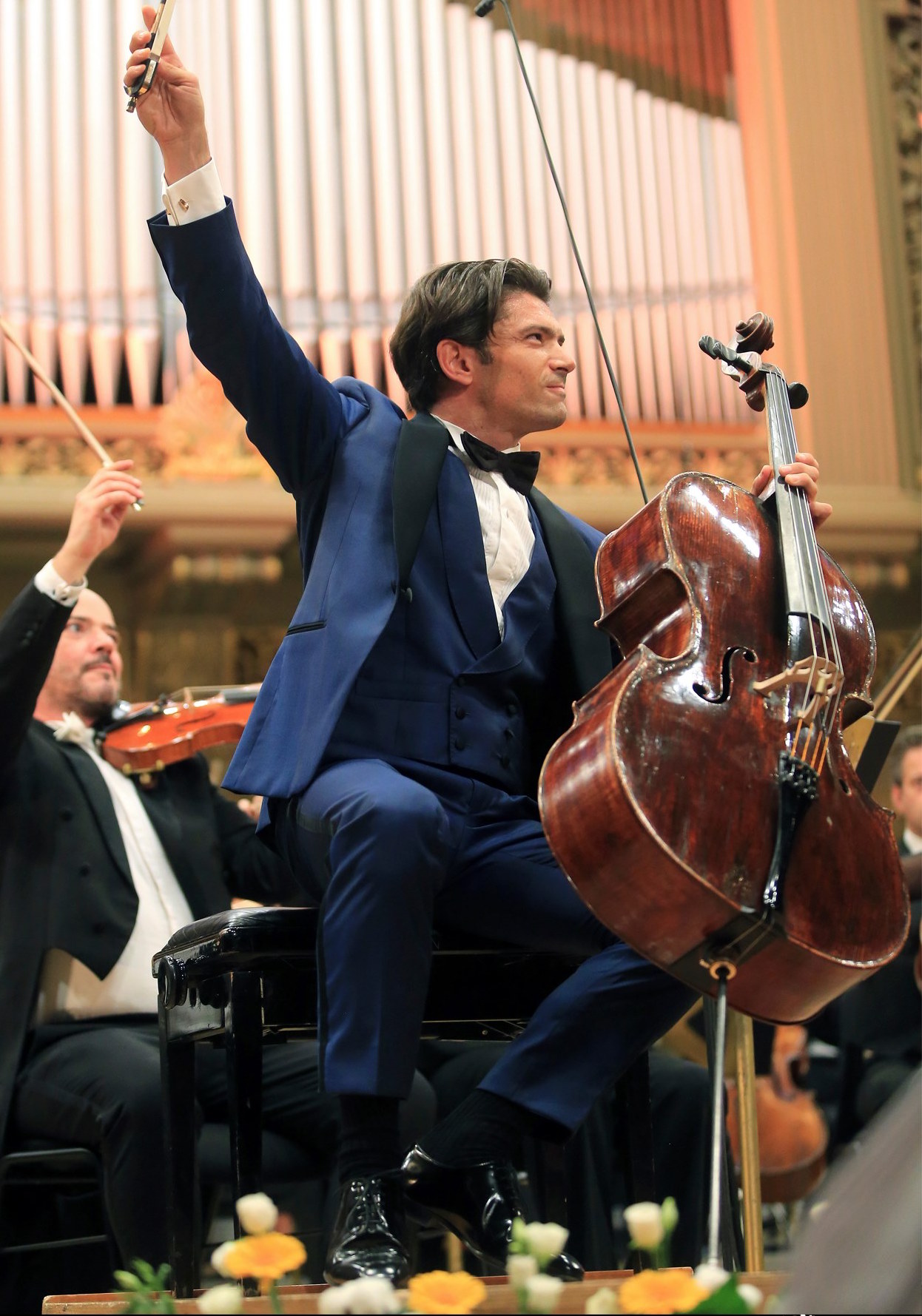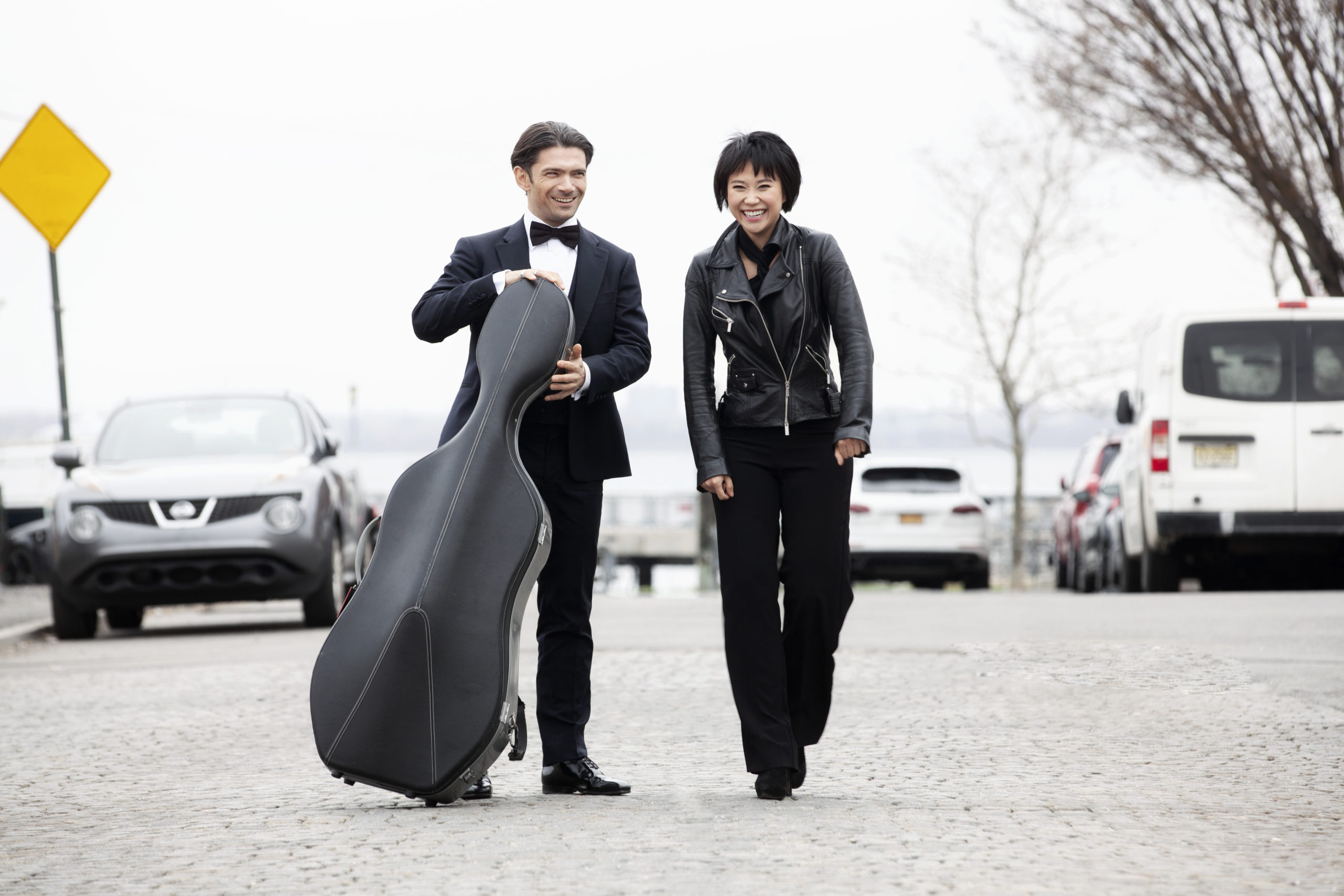I feel bad about not doing more writing lately. There’s been a terrible, nagging sense of letting people down, although, truth be told, there has also been a realization of my desire for privacy, together with an innate need to sit and steep, regularly – not only literally in the tub most nights, but figuratively, in words, sounds, images, ideas, inspirations, and observations, for days and weeks. It has been no easy thing, as a generally impatient person with a fiery workaholic streak, to will myself to sit quietly, attempting to comprehend and synthesize macro and micro experiences – the strange, the silly, the scintillating – within a truly historic time frame, a whole new era, wholly unexpected, wholly unwelcome, and wholly undeniable in its impact and reach. Why and how might I rush anything, and to what end? For clicks, views, eyeballs and hype? Why should I put my thoughts into the public sphere in relation to the cultural issues of the current times? How can I possibly reconcile the monumentous with the mundane? What can I possibly contribute?
Pianist Igor Levit pondered similar questions in a recent Q&A with German newspaper Der Tagesspiegel in which he asked, “Was ist Kultur nach Corona? Sind wir Entertainment oder sind wir wichtig, im Sinne von: Erfahre ich Relevanz und haben wir Relevantes beizutragen?” (“What is culture after Corona? Are we entertainment or are we important, in the sense of: Do I experience relevance and do we have relevant things to contribute?”) What indeed is culture? Where do I fit in? Does what I and who I am do hold any merit? I haven’t felt qualified to tackle these questions, in writing or otherwise, and, with no desire to put myself in the public eye simply for the sake of it, I have kept purposely, purposefully quiet, tending to what little paid work there is, engaging in predictable domestic responsibilities, and attempting the odd bit of creative endeavor in paint and ink and pastel. In between, I have listened, relistened, watched, painted, cooked, cleaned, ordered, reordered, organized, reorganized, reached out, shut down, kept a routine, broken a routine, smiled, cried, raged, and pondered – and amidst all of this, I have read voraciously: articles, poetry, maps, interviews, comments on social media platforms; in the morning, through the afternoon, into many evenings and over many meals. A computer is not a good brunch or dinner companion, it must be noted.
Recently I poured over various bits of news tearing into the remains of a roast chicken, one delivered by kind neighbours, bought during one of their regular outings. Grocery shopping, like so many activities, feels like something from a distant past, and yet it was only a few short months ago I, like so many, felt it to be the most normal of activities. Being a freelancer meant (means) carefully watching a budget and it was earlier this year that I had noted, with some pride, that I’d been able to bring the cost of my weekly grocery bill down. Seeing the refreshingly low price of that chicken last week, having noted the painful inflation of grocery prices over the past two months, was a strange reminder of those (so-called) normal times, a time when I’d walk into a supermarket as casually as I’d walk into a concert hall. Being immune-compromised has meant not venturing into a supermarket, hardware store, restaurant, or indeed, concert hall, theatre, or opera house since early March. There is an understandable sense of longing for things once taken for granted, and a simultaneous anxiety over what those very things (privileges now, if we are honest) might actually cost in the long run in terms of safety, stability, and, if you’re lost people during this pandemic (as I have), visceral mortality.

The dome of Berlin Cathedral. Photo: mine. Please do not reproduce without permission.
Such concerns loom amidst the recent news that German culture minister Monika Grütters, together with the culture ministers of Germany’s states, have agreed on an idea for resumption of cultural activities at the end of May. This news runs parallel with stringent outlines for those reopenings, plus the recent news that Berlin has recorded its lowest level of COVID-19 patients in eight weeks. Reopenings are bound to happen, but there is a question of how recognizably “normal” they may or may not be. Hessisches Staatstheater Wiesbaden has been the first house in Germany to reopen, with a live presentation series which kicked off this past Monday (18 May) with baritone Günther Groissböck. The series, which includes theatre works along with opera, runs through early June and is happening at both the large and small Wiesbaden stages, with reduced orchestra, or sometimes (as was the case with Groissböck’s concert) solo piano. Upcoming highlights include excerpts from Tristan und Isolde presented twice (21 and 31 May), with tenor Andreas Schager and soprano Catherine Foster, and Schubert’s song cycle Die schöne Müllerin, performed by tenor Klaus Florian Vogt next week (29 May). An audience of 200 are permitted for the performances in the large house (instead of the usual 1,000) and masks are required for all attendees, with no bar service and only one person at a time allowed to use bathroom facilities. One expects other organizations will shortly follow suit in adherence with the same guidelines, finding further ways to facilitate live performance.
Only some of this matches what once constituted “normal” in the classical world, of course, and it will be interesting to note, over the coming months, how various houses and orchestras will be adjusting programming and presentations accordingly. “Normal” is has become an experience which is entirely changeable, linked to an unpredictability attached to both the new nature of the virus and the old station of human behaviour. Therein, of course, lies its terror. One music writer recently examined the connections between music and context using performances of Beethoven’s Ninth as a potent example and asking “(w)hat matters more in a performance: the art or the context?” The era of corona has joined the two in ways no one could have ever anticipated at the start of 2020, and yet the entire classical world is bound to that fusion (and the energy it is creating, and has yet to create) in both professional and personal spheres. For as much as there is true cause for joy in the classical industry at resumption of activity, there is also immense worry. I have stopped asking when I might next attend a live event and have begun to ask if. Will it be possible? Will I feel safe? Will I be able to afford a ticket? Just as much do I worry over the role independent writers (especially those of us intentionally off the media path) might play; do we have a place, particularly in a landscape that is rapidly relying on digital transmission and engagement? I want to believe there’s possibilities within the ever-changing classical ecosystem, but I also wonder if corona (and its repercussions) has reinforced the very walls that ask (need) to be torn down. There is a human tendency toward finding comfort in the familiar, one which calcifies into intransigence, and it affects artists as much as audiences, resulting in a creativity that is controlled, controllable, and despite all the big talk of embracing exploration, as comfy-normal as ever. Will that continue?
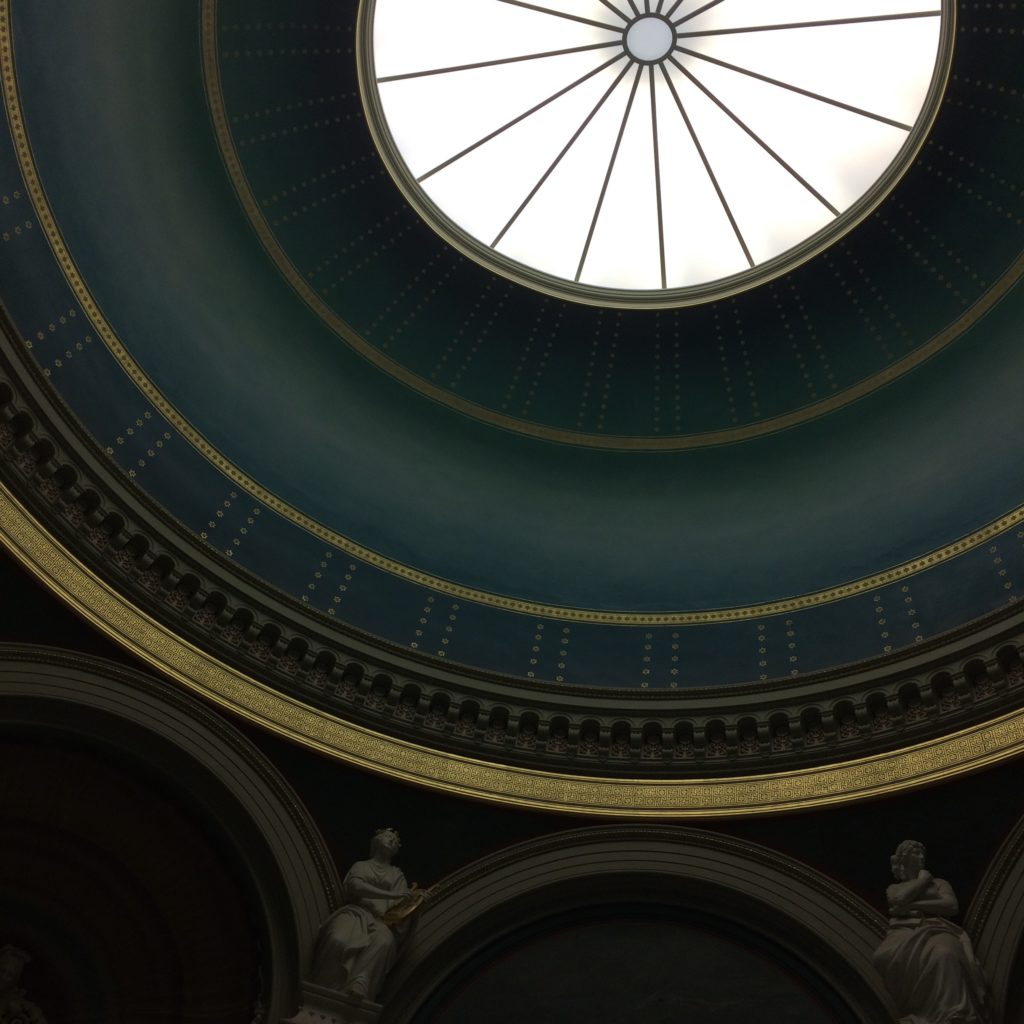
Looking up at the Alte Nationalgalerie Berlin. Photo: mine. Please do not reproduce without permission.
Such notions are useful reminders of just how intertwined art and context really are. The classical culture table seems to be expanding and contracting simultaneously, and one holds out a tiny sliver of hope for creative, intelligent integration between various artistic disciplines, one that moves beyond replication and talking heads (enjoyable as a very select few of them are). Such replication, particularly within the realm of the spate of Instagram Live videos on offer at any moment, brings to mind Susan Sontag’s notion that “needing to have reality confirmed and experience enhanced by photographs is an aesthetic consumerism to which everyone is now addicted.” Those who enjoy online streams and broadcasts (notably The Met’s Live In HD series) were motivated, during pre-corona times, by a number of factors, among them health, economics, proximity, curiosity, simple company. (I know; I was sometimes among them.) Some may tune in in order to watch a favorite performer, others to have their views about a specific work (or indeed, an entire art form) affirmed and validated (or not, if frequent use of the word “Eurotrash” in comment threads is reliable evidence of such non-affirmations). Lately I suspect the desire (or “addiction” to use Sontag’s not-wrong phrase) to watch is linked to the desire to partake in a ritualized form of socio-musical nostalgia. The “remember when”ism of the live experience, always an extant factor within digital culture, has been magnified one-thousand fold over the past two months. It feels normal to watch these things; we, as an audience feel normal – even though “normal” is entirely, at this point in history and within the context of corona, a construct, a memory, another bit of nostalgia.
What is on offer now by various arts organizations might be intended as a temporary replacement, but of course nothing can (or will, or does) replace a live experience in the theatre, nor should it. There has been a lot (a lot) of hand-wringing online, across various platforms, about the live-vs-digital experience; this seems like a false narrative of competition, and a reductive way of framing culture. (I will be writing about this and the culture of “free” that goes with it in greater detail soon, I promise.) Digital is not a replacement for live, it is merely, if right now, vitally, a complement. The live, lived experience, of being (truly being) in an auditorium with hundreds or sometimes thousands of other living beings, collectively intaking breath at certain moments, expressing surprise or shock or grief or relief at others, the resonance of voice and sound and applause moving through layers of velvet, wool, silk, cashmere, flesh, bone, nail, eyelash; the light of eyes, the cock of necks, the bow of heads, the ripple of fingertips; the sheer magic of being in a room with others, listening to and watching and experiencing everything in a sensual symphony of sound, movement, light, and shadow — this is singular, special, worth protecting, supporting, meditating on, and dreaming about. I am, however, unsure such an experience conforms tidily into a preset idea of “normal”, nor has it ever; it is extra-ordinary. The times I’ve had to miss performances out of consideration for my own delicate health are memories stained with an aching tone of regret. Independent freelance life (and the sacrifice inherent within it), a frustratingly sensitive constitution, plus an overall quotidian solitude add up to a weight given to live events which is rarely if ever afforded to other experiences. In addition to the sensuous, they offer a rare (for me) sense of living community within a highly confined and intensely concentrated space and time. The sharpness of experiential contrasts – from no people to lots of people, from empty spaces to filled spaces, from silence that is chosen (mostly) to silence ritualized, timed, imposed, manoeuvred – is, or was, my own form of normal. (Certain parts of this have stayed blessedly intact; I have written most of this in a lovely silence punctuated by the odd drips of a humidifier, the self-propelled squeaks of an antique maple chair, and the regular rumbles of a tea kettle. One might safely add the maraca-like clatter of ice-cubes in a cocktail jigger after this is posted.) Dipping in and out of communal experiences is its own sort of privilege, and it can be difficult to navigate the visceral tidal waves that come with those arrivals and departures, but the grey, windless days are worse and I’ve found certain online broadcasts to be colorful buoys to latch onto amidst the seemingly-endless grey days of late.
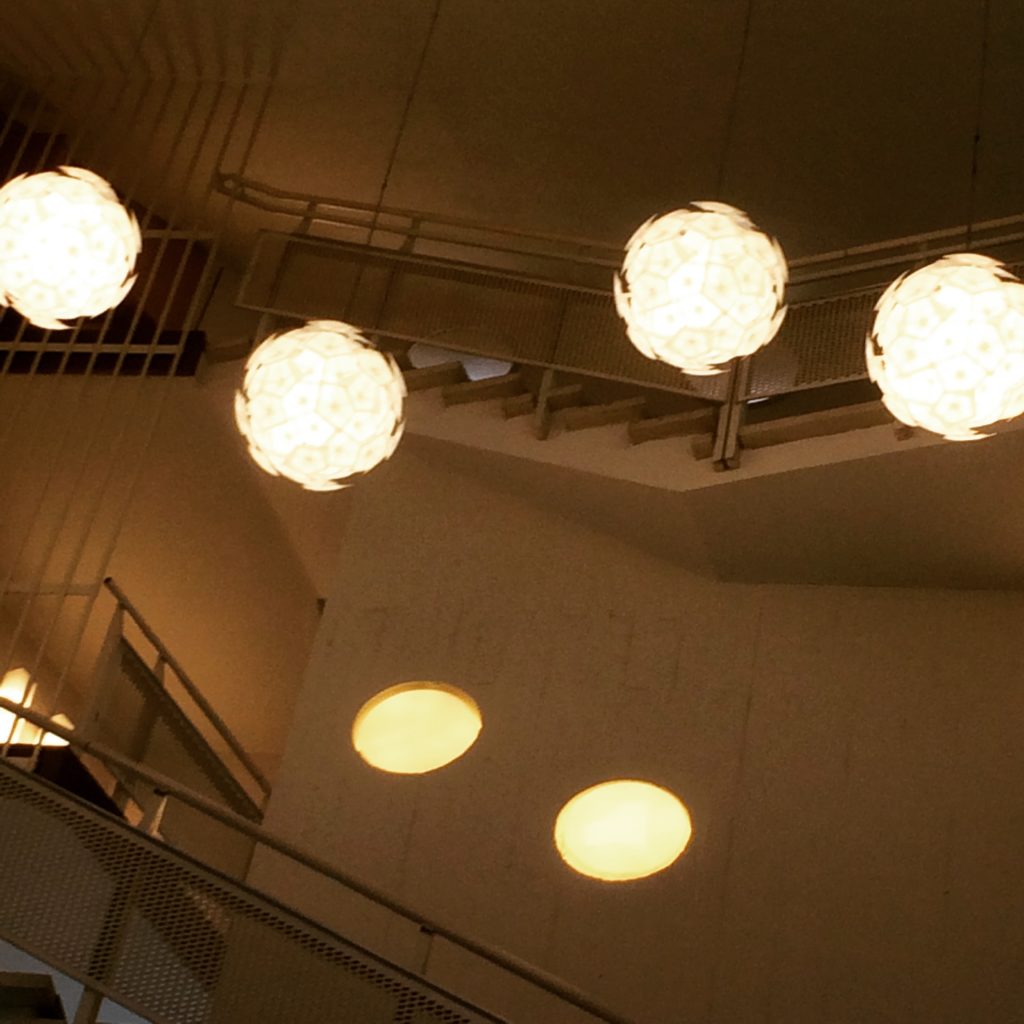
Looking up at the Berlin Philharmonie. Photo: mine. Please do not reproduce without permission.
Tuning into an online event means not coming with any of the same ideas or expectations of ecstasy (not that I attend live events with such expectations either), but in full awareness of the value of community, however virtual it may (must) be right now. There’s something satisfying about watching the numbers on the side of a live chat; never has pressing the “Like” button and watching it sail across the screen been more connected to some form, however tangential, of validating social cohesion. Nothing about it is normal, and yet… isn’t it? What is normal anymore Live events, whether conversations or concerts, offer the necessary frisson of excitement missing from the lives of those used to attending live events, and the contrasts they provide which form, for some of us, some vision of normalcy; sometimes they even offer rewarding illumination and revelatory insights. Professor Marina Frolova-Walker’s excellent series of lectures on the Ballet Russes (via Gresham College) underlines fascinating connections between dance, design, and music at a very creatively fertile time in history (maybe that should be “histories”), while conductor Alan Gilbert’s weekly exchanges with fellow conductors (his last one featured Sir Antonio Pappano, Marin Alsop, and Esa-Pekka Salonen) have revealed inspiring ideas on not only the current circumstances but experiences, observations, and confessions in relation to specific scores and composers. As Alsop noted last Friday, the exchange probably wouldn’t happen under normal circumstances, and certainly not in public. Violinist Daniel Hope has found success by placing intimate live performance firmly within a digital idiom; he has recently re-started his Hope@Home series with broadcaster Arte, performing from various German venues, including, this past Sunday, from the incredible heights of the Berliner Fernsehturm, with music by The Kinks and an appearance by actress Sophie Rois. What is normal (“normal”) now?
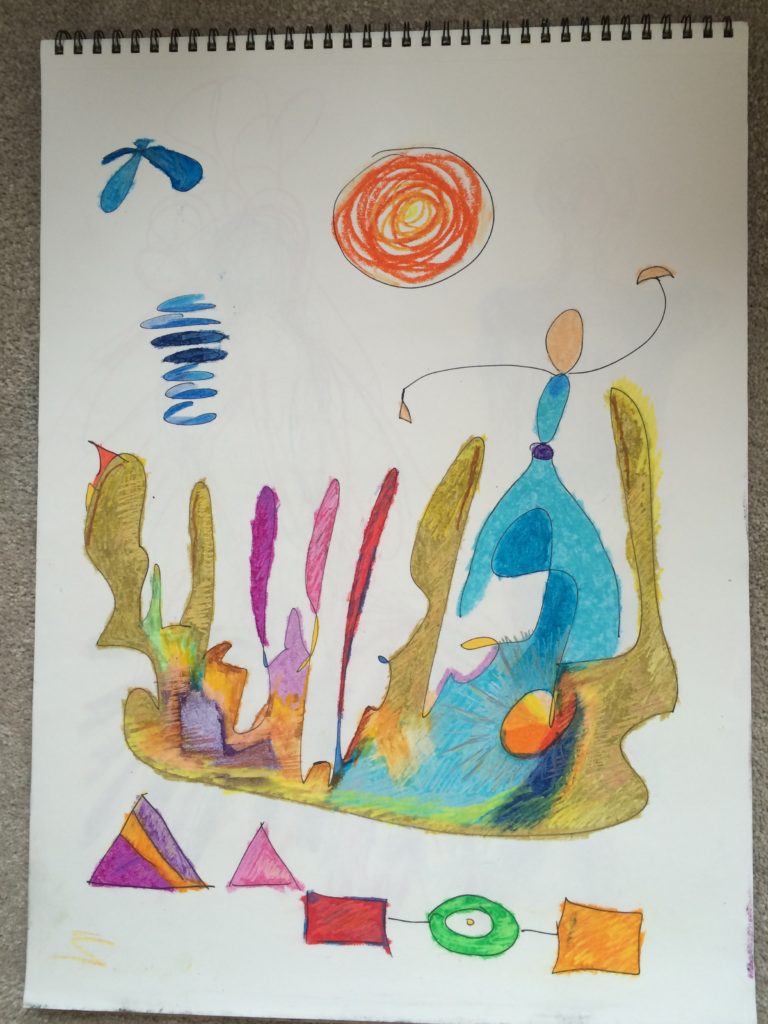
Original sketch. Art & photo: mine. Please do not reproduce without permission.
Despite or perhaps because of the immense supply of digital material, uncertainty has become its own form of community, one filled with billions of sighs, billions of gasps, billions of yawns, all peering at the glow of large or tiny screens, together and apart. Everyone, amidst the bells of instant messages or the yawning quiet without them, exhales heavily and wonders what life will look like a month, a year, a decade from now. I wonder at the premiere live event that I’ll be attending in a post-lockdown world, and again, not when but if… and if so, will I wear a mask (yes) and will I mind (no) and how far others may have travelled to be in the same spot, what sacrifices they may have made and what risks they may be taking in making the effort for something they love. What will the artists be thinking and feeling, I wonder, performing for what may well be a select audience, and what sense of community might they might grasp? How might that experience of community complement or contrast with mine? Will it compare at all to past events? Should it? Will I feel relief, calm, ecstasy, sadness, guilt, joy, beauty, confusion, a sense of overwhelm… perhaps all or perhaps none? Will it matter? More than anything: I want to leave a blank inner canvas for undefinable things that have yet to be understood. Call it whatever you want; it won’t – can’t – be normal. Not anymore.



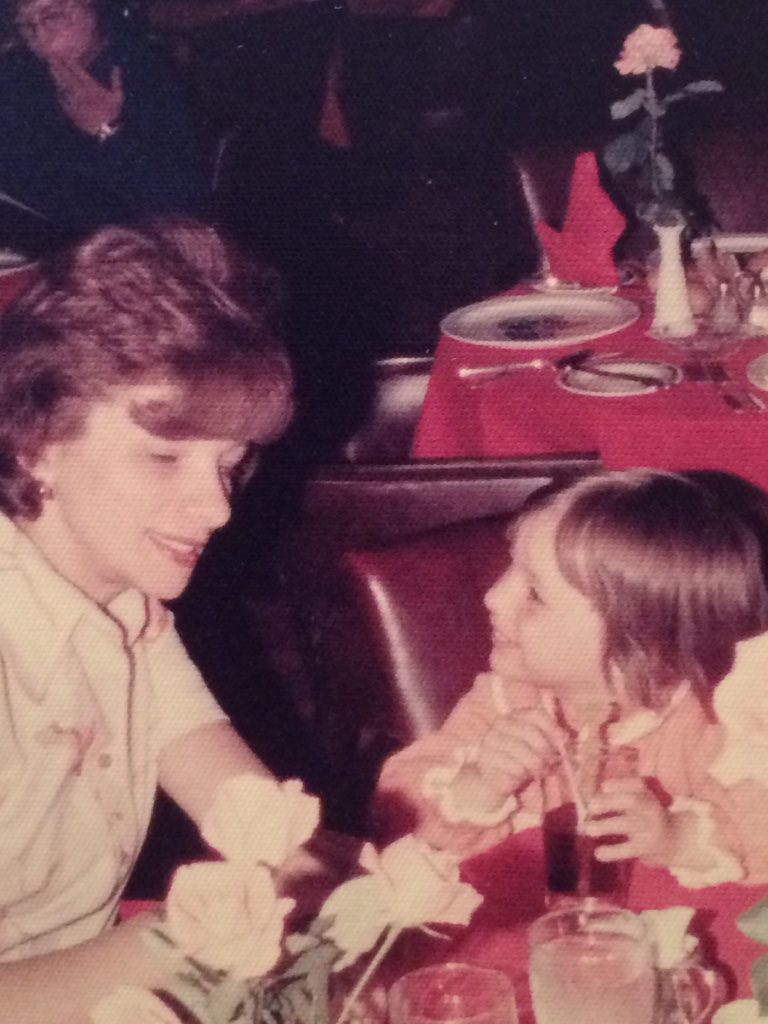
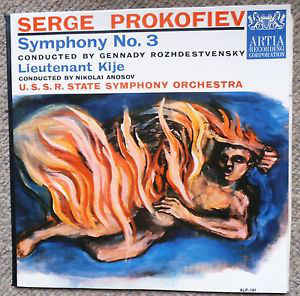 Still, I realized on some intuitive level, and partly through direct experience playing those modern works, that there was an entire cosmos I was missing. Exposure to world cinema confirmed that feeling, and led me to sounds that opened the door of discovery slightly wider; from there were trips to the local library for cassette rentals. Winter months
Still, I realized on some intuitive level, and partly through direct experience playing those modern works, that there was an entire cosmos I was missing. Exposure to world cinema confirmed that feeling, and led me to sounds that opened the door of discovery slightly wider; from there were trips to the local library for cassette rentals. Winter months